
Challenges Faced by Liquidators in Realizing Assets and Distributing Proceeds
Under the Insolvency and Bankruptcy Code, 2016 (IBC), the liquidator has an important role in realising and distributing a corporate debtor’s assets. While the IBC

Under the Insolvency and Bankruptcy Code, 2016 (IBC), the liquidator has an important role in realising and distributing a corporate debtor’s assets. While the IBC
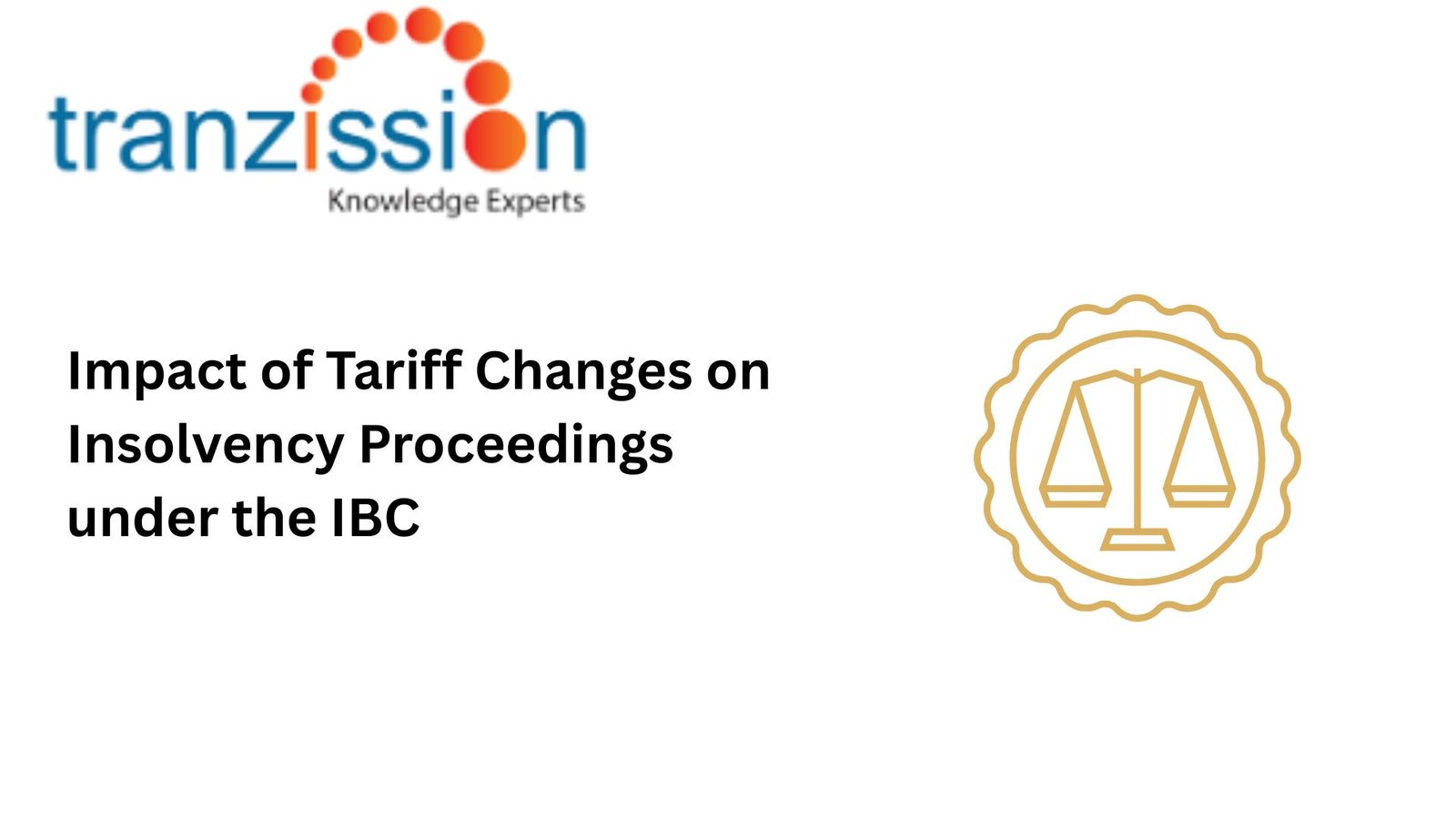
Tariff Changes on Insolvency is regulated sectors like power, telecom, and infrastructure are critical determinants of a company’s financial viability because they directly impact revenue
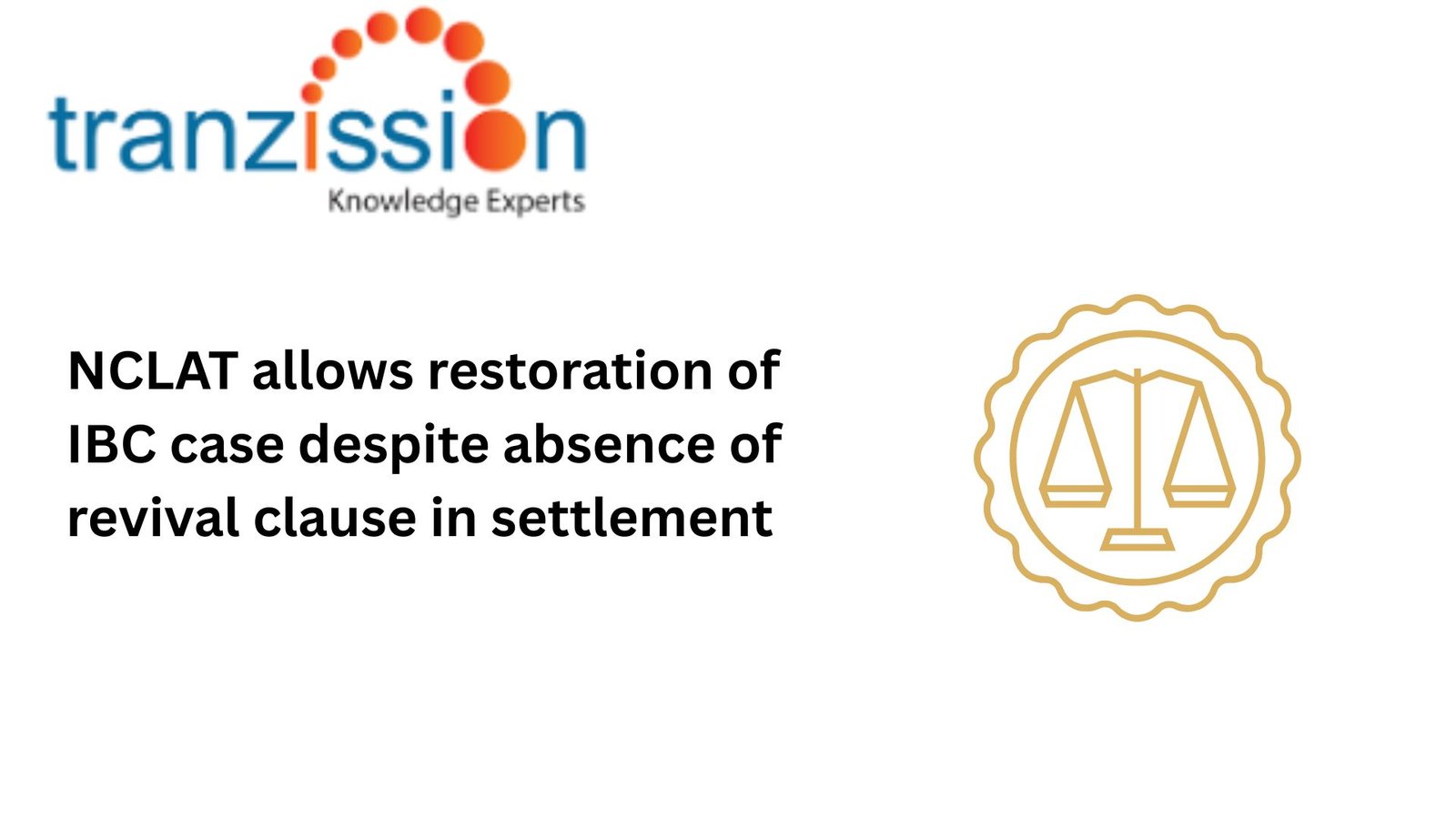
The Insolvency and Bankruptcy Code, 2016 (“the IBC”) is a comprehensive law in India, enacted to provide a time-bound process for resolving insolvency and bankruptcy,
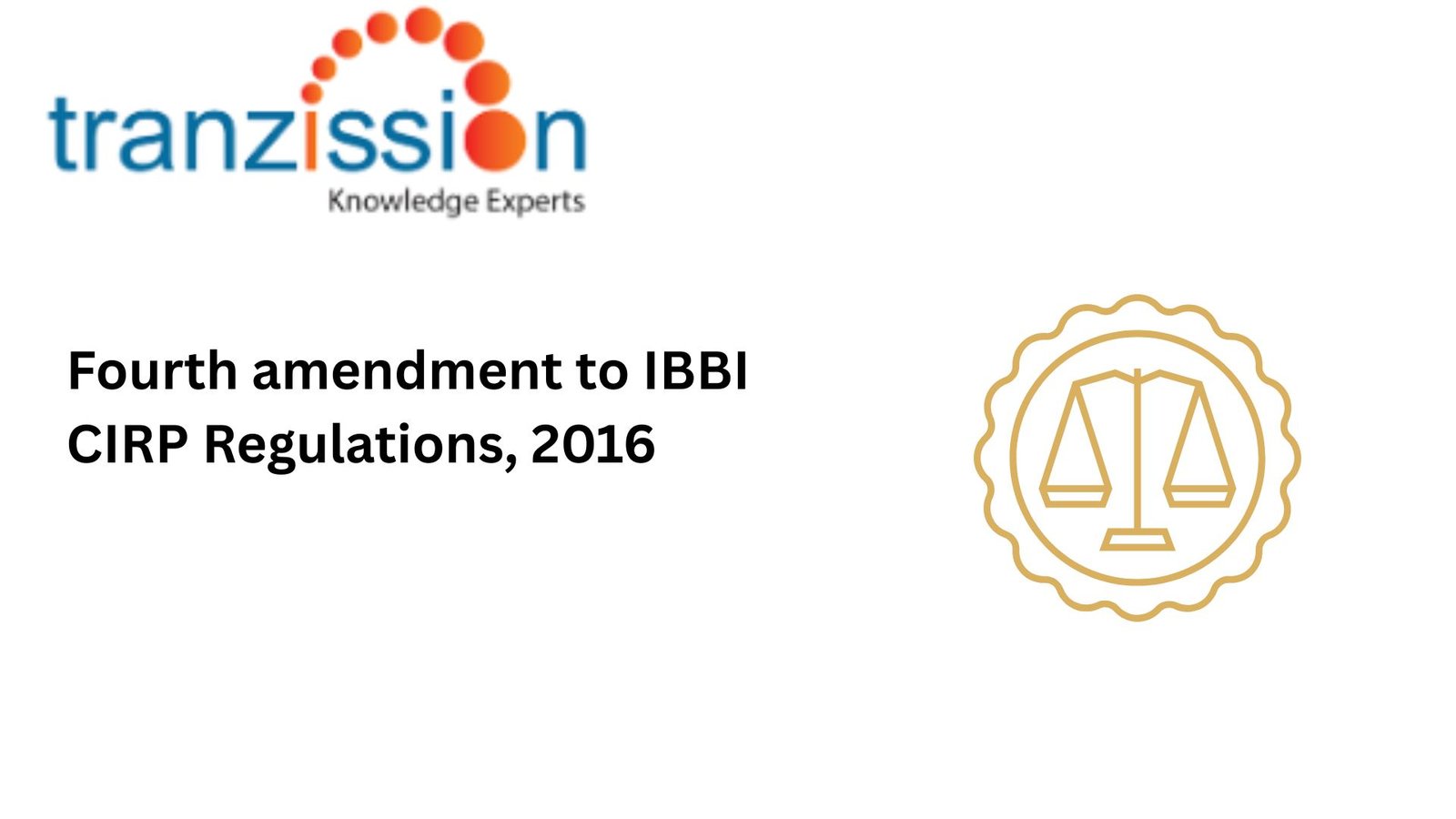
Fourth amendment to IBBI notified on May 26, 2025, which came into effect immediately. The key changes aim to increase flexibility, streamline, enhance transparency, add

The Insolvency and Bankruptcy Code, 2016 (“the IBC”) is a landmark legislation designed to streamline corporate debtor restructuring and ensure timely resolution of insolvency cases.

The Committee of Creditors (CoC) is the primary decision-making body during the insolvency process, composed of financial creditors who collectively decide on the future of

The Insolvency and Bankruptcy Code, 2016 (IBC) is an umbrella legislation which establishes a time-bound process for resolving corporate insolvency through the corporate insolvency resolution

Corporate debtors undergoing insolvency proceedings often face severe financial distress due to insufficient assets, making it extremely difficult to fund litigation, like avoidance proceedings, which
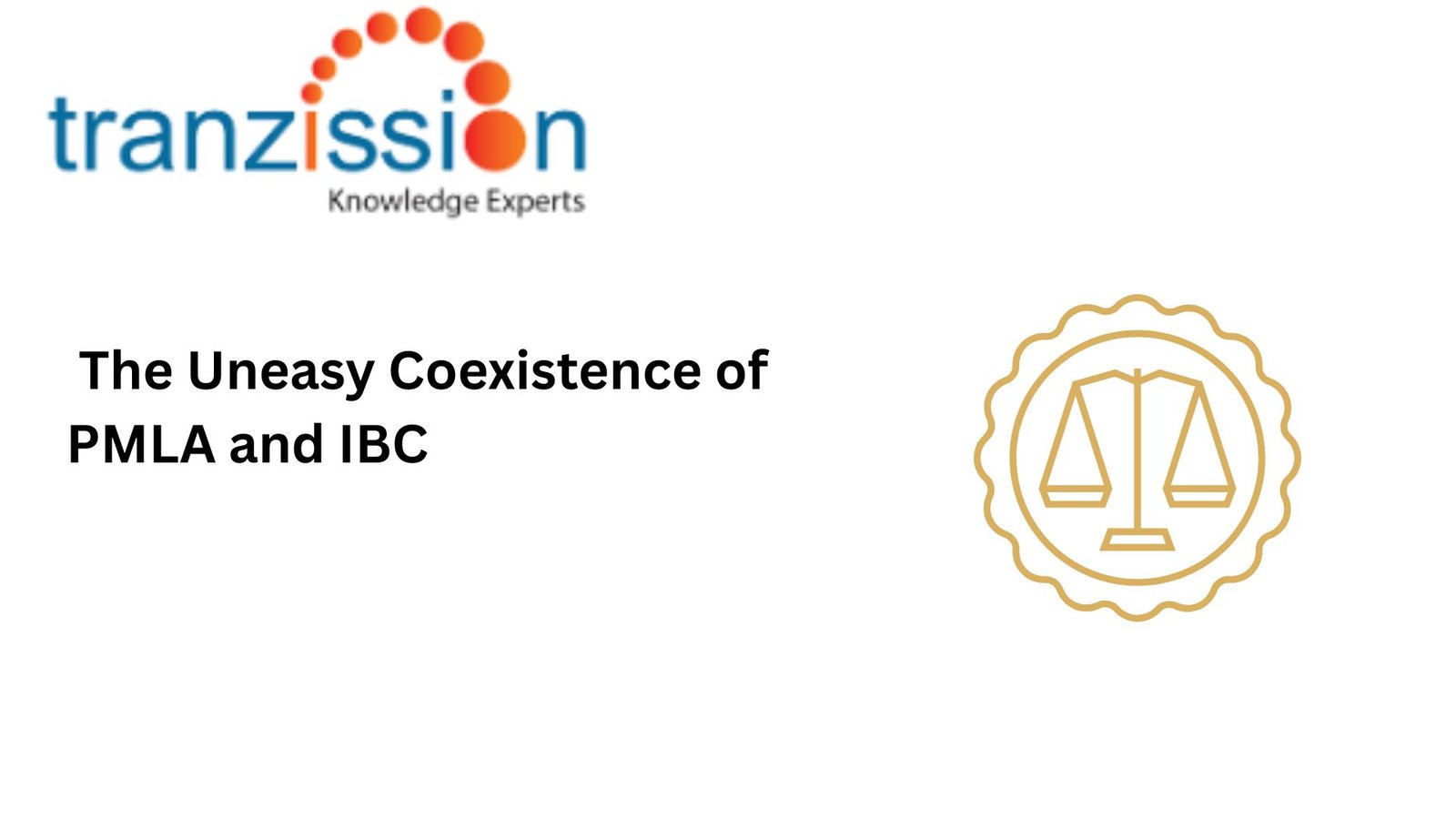
The Prevention of Money Laundering Act, 2002 (PMLA) is a penal statute designed to combat money laundering and the financing of terrorism, granting the Enforcement

The liquidator, appointed under Section 34 of the Insolvency and Bankruptcy Code, 2016 (IBC), assumes all powers of the corporate debtor’s board of directors and
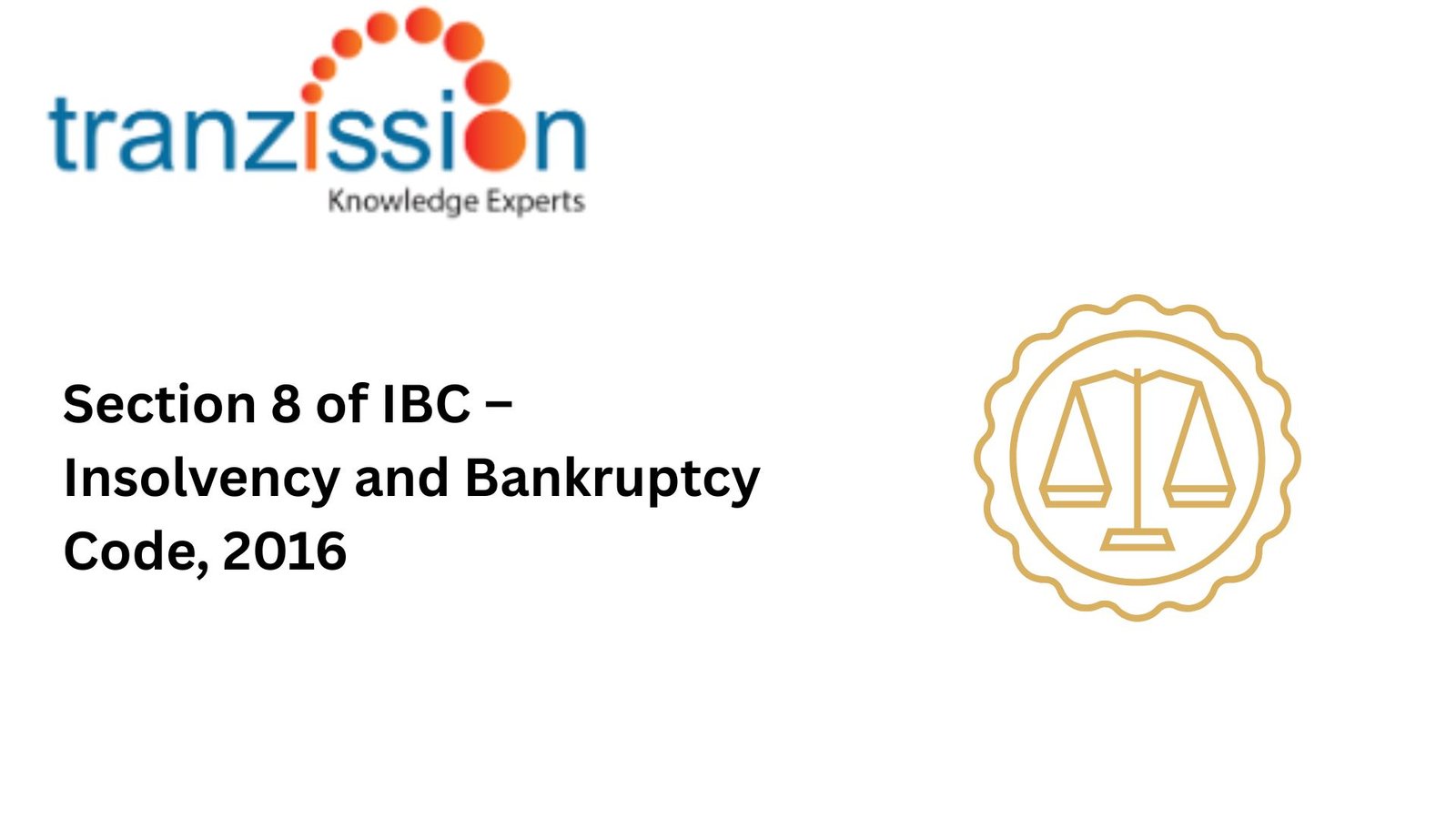
Briefly introduce the Insolvency and Bankruptcy Code, 2016 (IBC) is India’s unified law for resolving insolvency and bankruptcy cases in a time-bound manner. Section 8

Begin with a quick explanation of corporate governance and how decision-making often involves individuals who are not officially on record as directors. Introduce the concept

In the insolvency framework “small creditors” are primary operational creditors, Micro, Small, or Medium Enterprises (MSMEs), individual suppliers, employees, etc. Unlike financial creditors under the

The Insolvency and Bankruptcy Code, 2016 (IBC) provides a time-bound legal framework for the resolution of financially distressed companies known as the Corporate Insolvency Resolution
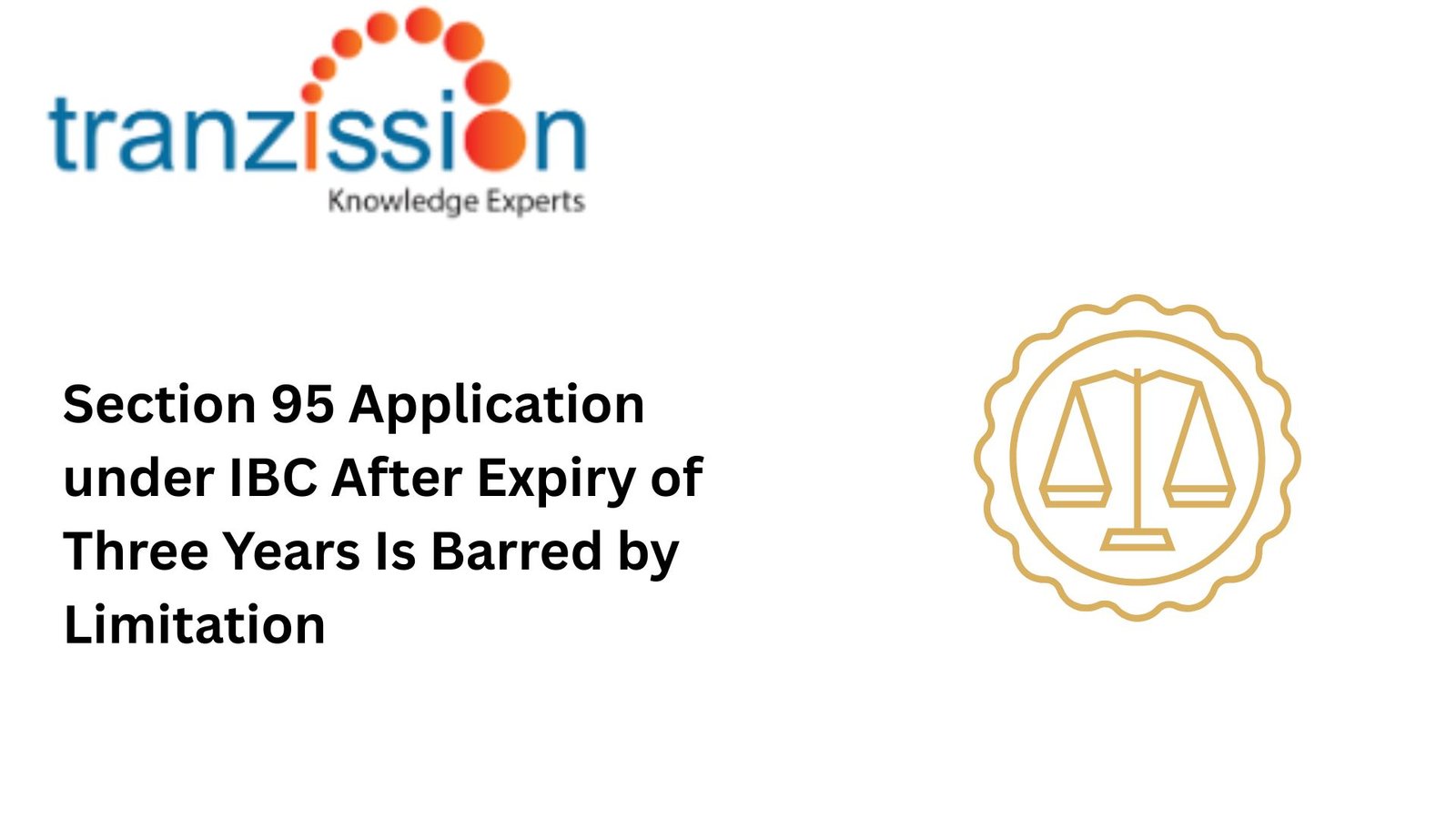
Section 95 of the Insolvency and Bankruptcy Code, 2016 (IBC) allows a creditor to initiate insolvency proceedings against a personal guarantor. A key legal issue

The Insolvency and Bankruptcy Board of India (IBBI) serves as the primary regulatory body for insolvency professionals (IPs) overseeing their registration, conduct, and compliance with

The Insolvency and Bankruptcy Board of India (IBBI), established on October 1, 2016, under the Insolvency and Bankruptcy Code, 2016 (IBC), is the regulatory authority

The Insolvency and Bankruptcy Board of India (IBBI) is the statutory regulator responsible for registering, overseeing, and enforcing standards for Insolvency Professionals (IPs), Insolvency Professional

The Insolvency and Bankruptcy Board of India (IBBI) in regulates insolvency professionals (IPs) by overseeing their registration, settling eligibility standards, enforcing ethical and professional conduct,

In September 2025, it was reported that applications seeking recovery of approximately ₹3.90 lakh crore in Avoidance Transactions Under IBC had been filed with the

In the insolvency process under the Insolvency and Bankruptcy Code (IBC) involves a Moratorium Under IBC section 14, a statutory stay that halts all legal

Cross border insolvency occurs when a financially distressed company has assets, creditors, or legal proceedings in multiple countries, complicating the resolution process due to differing

In cases where insolvency proceedings intersect with enforcement actions, IBC override PMLA becomes a critical principle. The Insolvency and Bankruptcy Code, 2016 (IBC) is a

The Insolvency and Bankruptcy Code (IBC), enacted in 2016, ensures to resolve the insolvency of corporate persons, partnership firms and individuals in a time bound
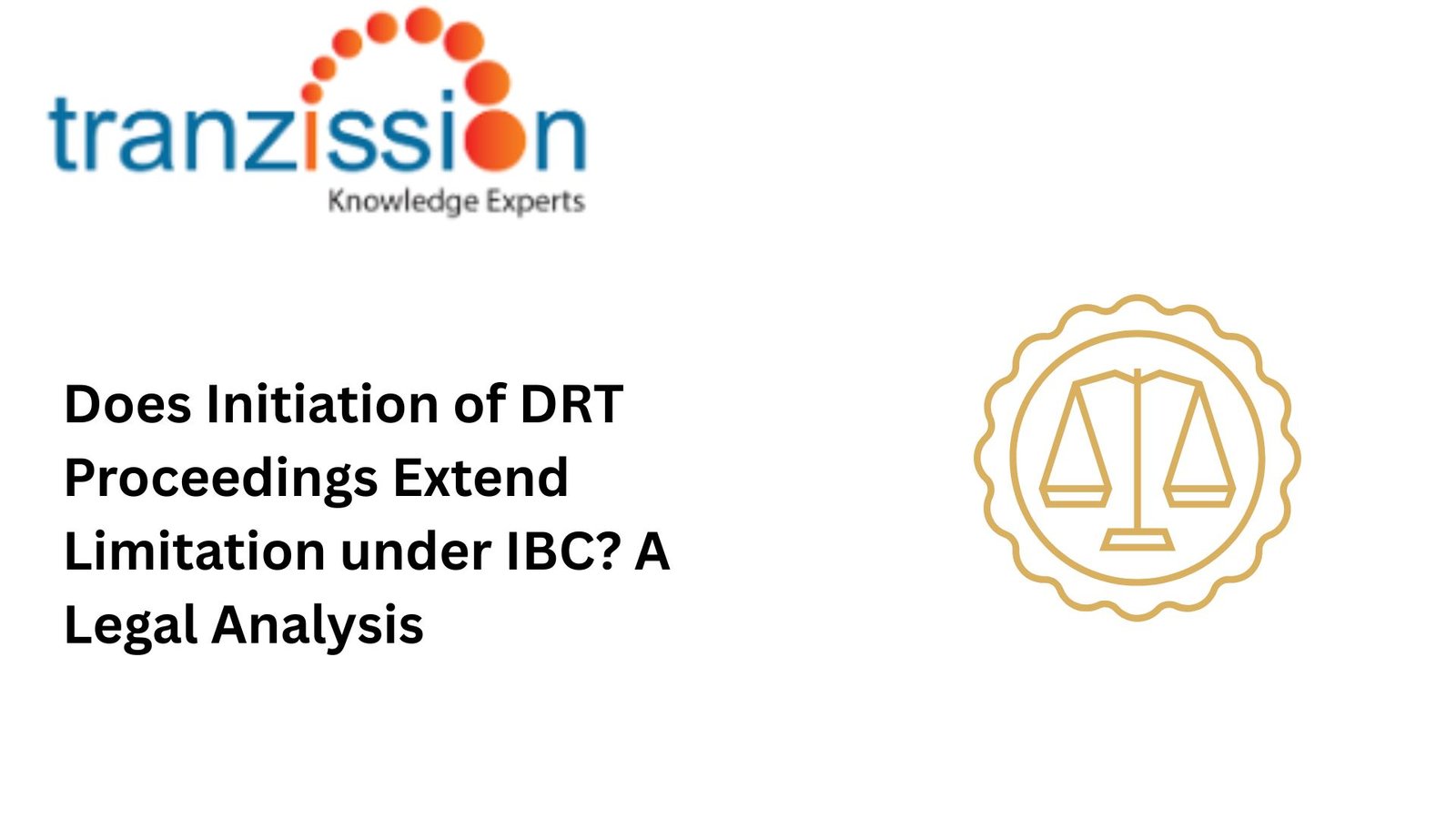
Limitation is critical under the Insolvency and Bankruptcy Code, 2016 (IBC) because it prevents the revival of time-barred debts, ensuring the IBC functions as a

The Insolvency and Bankruptcy Code, 2016 (IBC) explains a time-bound mechanism to resolve the insolvency of a corporate debtor by reviving, rehabilitating, or restructuring in

One of the objectives of the Insolvency and Bankruptcy Code, 2016 (“the IBC”) is to resolve the insolvency of a corporate debtor within a defined

The RP Section 66 is appointed by the National Company Law Tribunal (NCLT) to manage the affairs of the corporate debtors as a going concern

It provides a settlement mechanism through Section 12A of the IBC which allows for the withdrawal of a corporate insolvency resolution process (CIRP) application after

During liquidation under the Insolvency and Bankruptcy Code, 2016 (IBC), secured creditors have the right to either relinquish their security interest to the liquidation estate
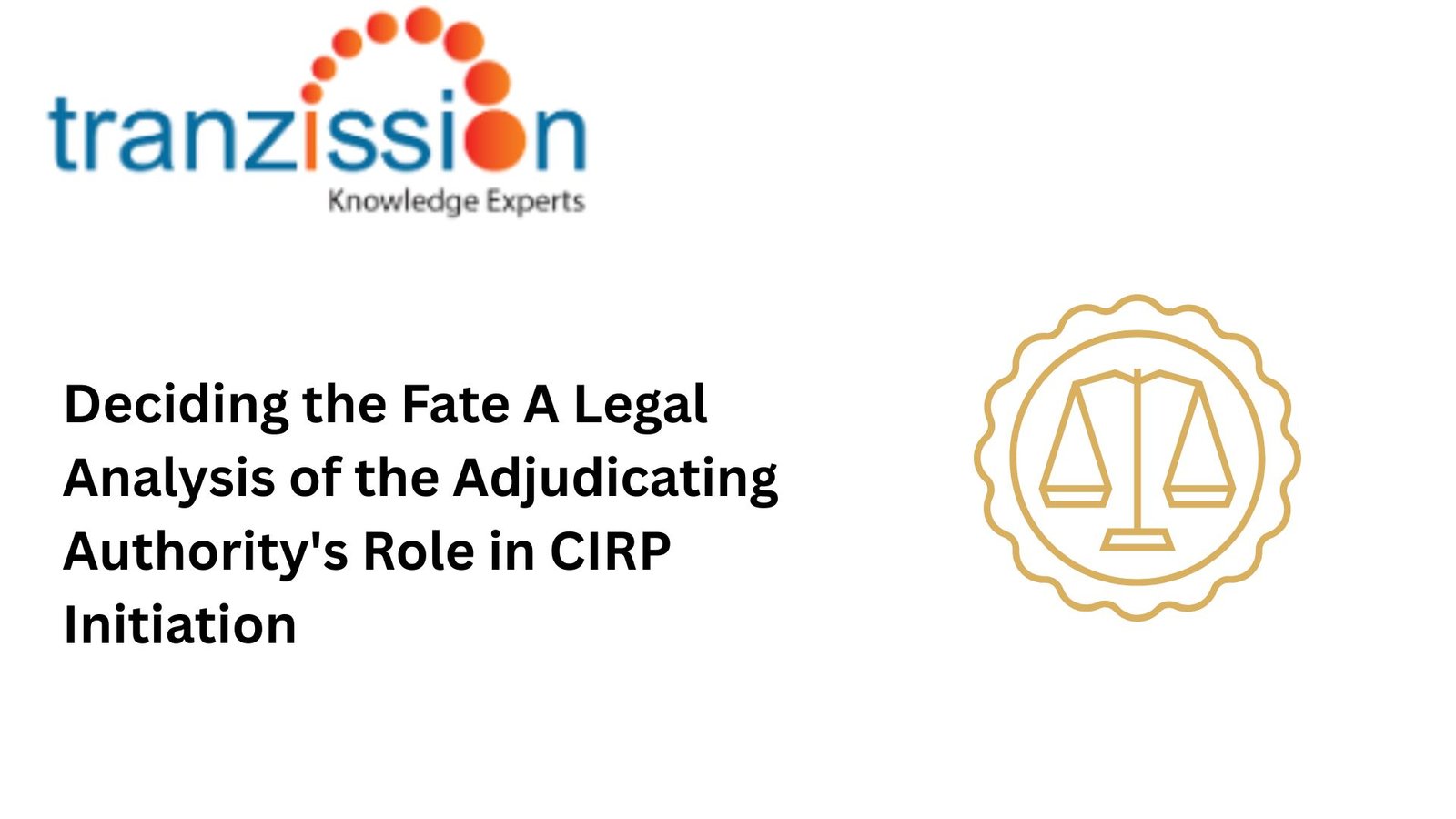
Role in CIRP Initiation is a legal mechanism under the Insolvency and Bankruptcy Code, 2016 (IBC), designed to resolve corporate insolvency by either restructuring the

A decree holder is a person in whose favour a decree has been passed or an order capable of execution has been made. Decree Holder’s

Under the Companies Act, 2013, a Cost for Filing Winding-Up petition is a legal process initiated by creditors, members, or other stakeholders to compel a
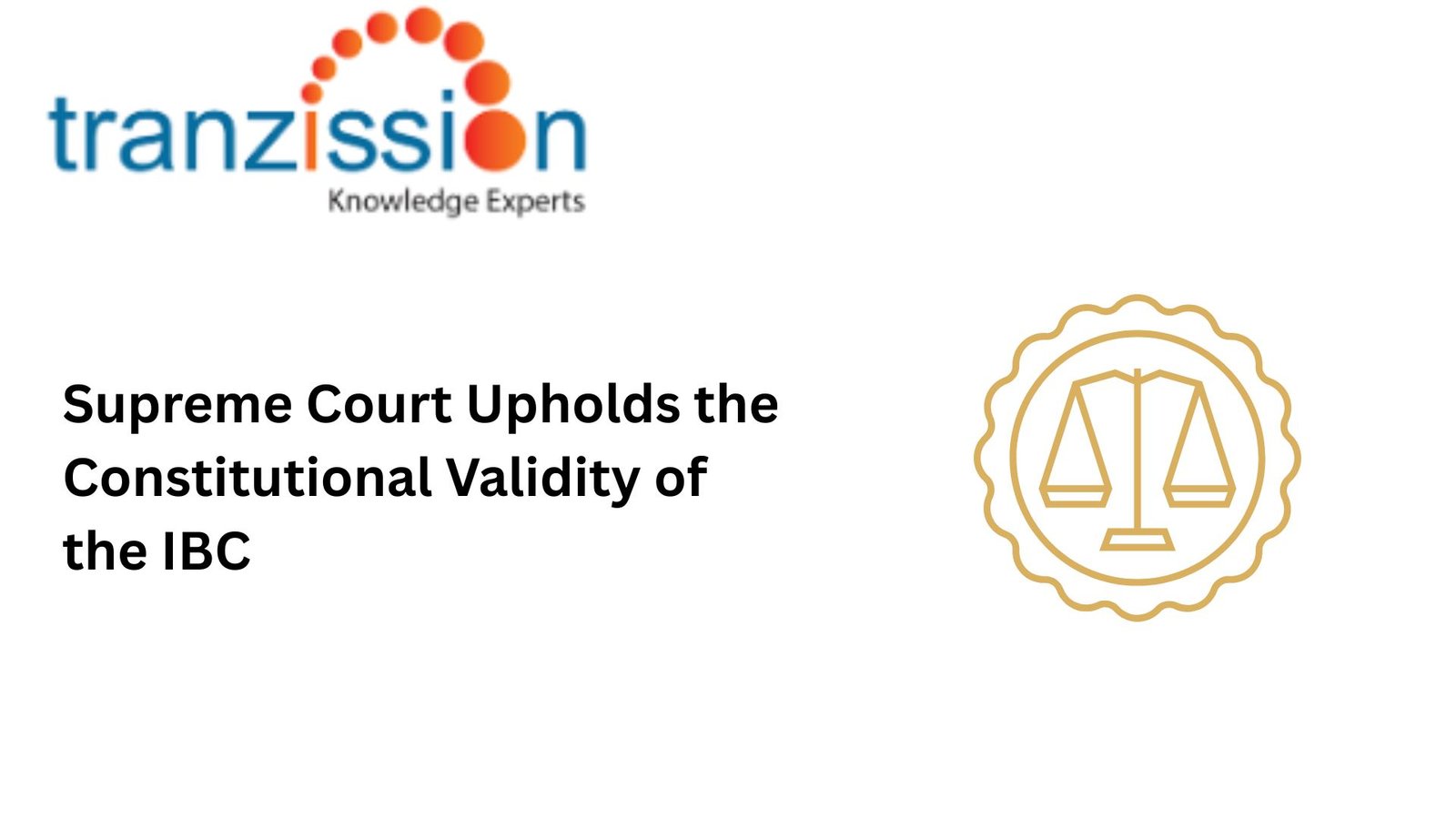
The Insolvency and Bankruptcy Code, 2016 (IBC) was enacted to streamline the insolvency process, replacing a fragmented system of law. In the case of Swiss

The Insolvency and Bankruptcy Code, 2016 (IBC) established a time-bound and creditor-driven framework for resolving corporate insolvency, with the objective of maximising asset value and
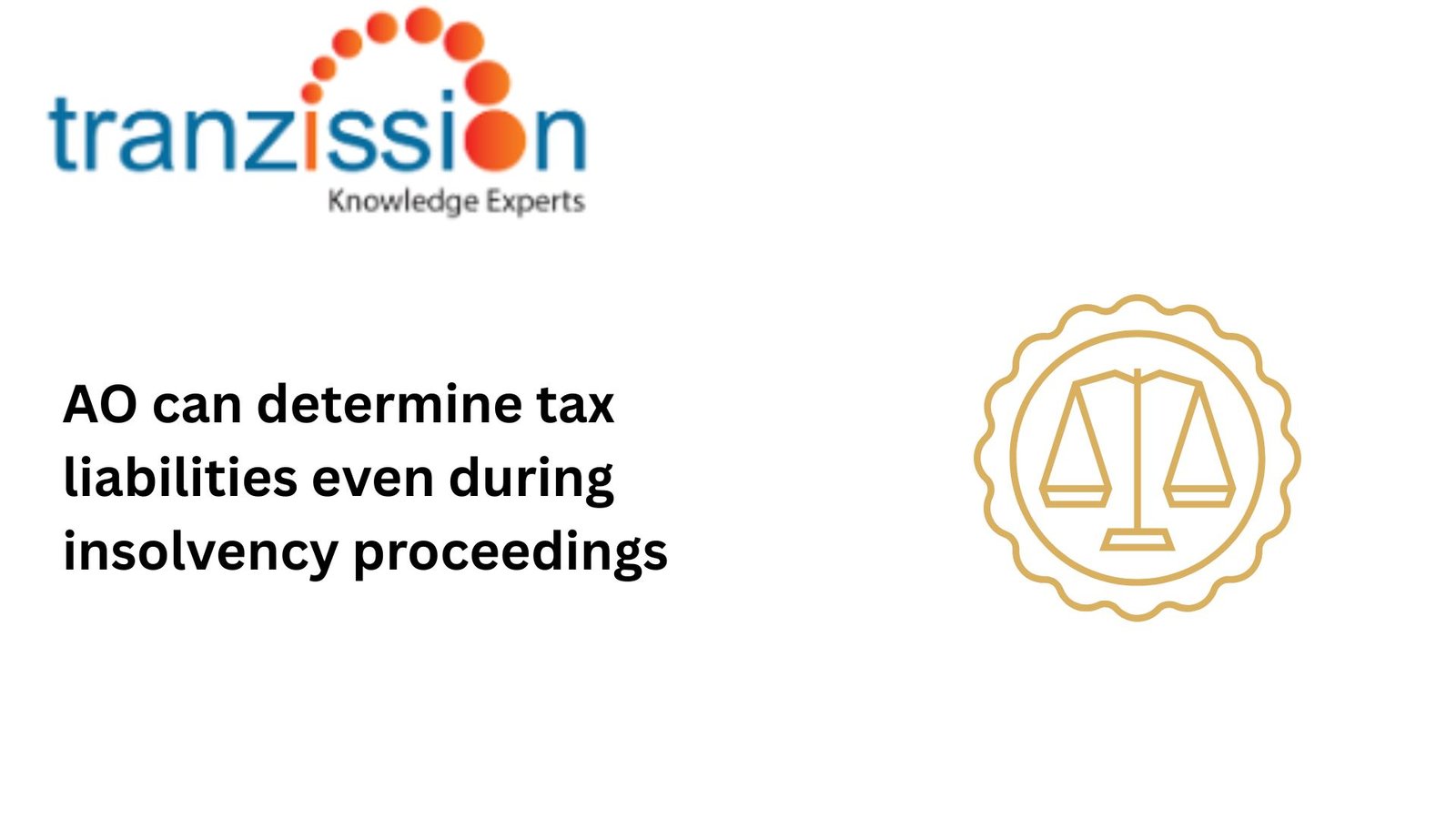
The Insolvency and Bankruptcy Code, 2016 (IBC) restricts the continuation of certain legal proceedings against the corporate debtor under the moratorium period explained in section

The Jigsaw of Pre-Packaged Insolvency for MSMEs are vital to the Indian economy, contributing significantly to gross domestic product (GDP), employment and exports. However, they
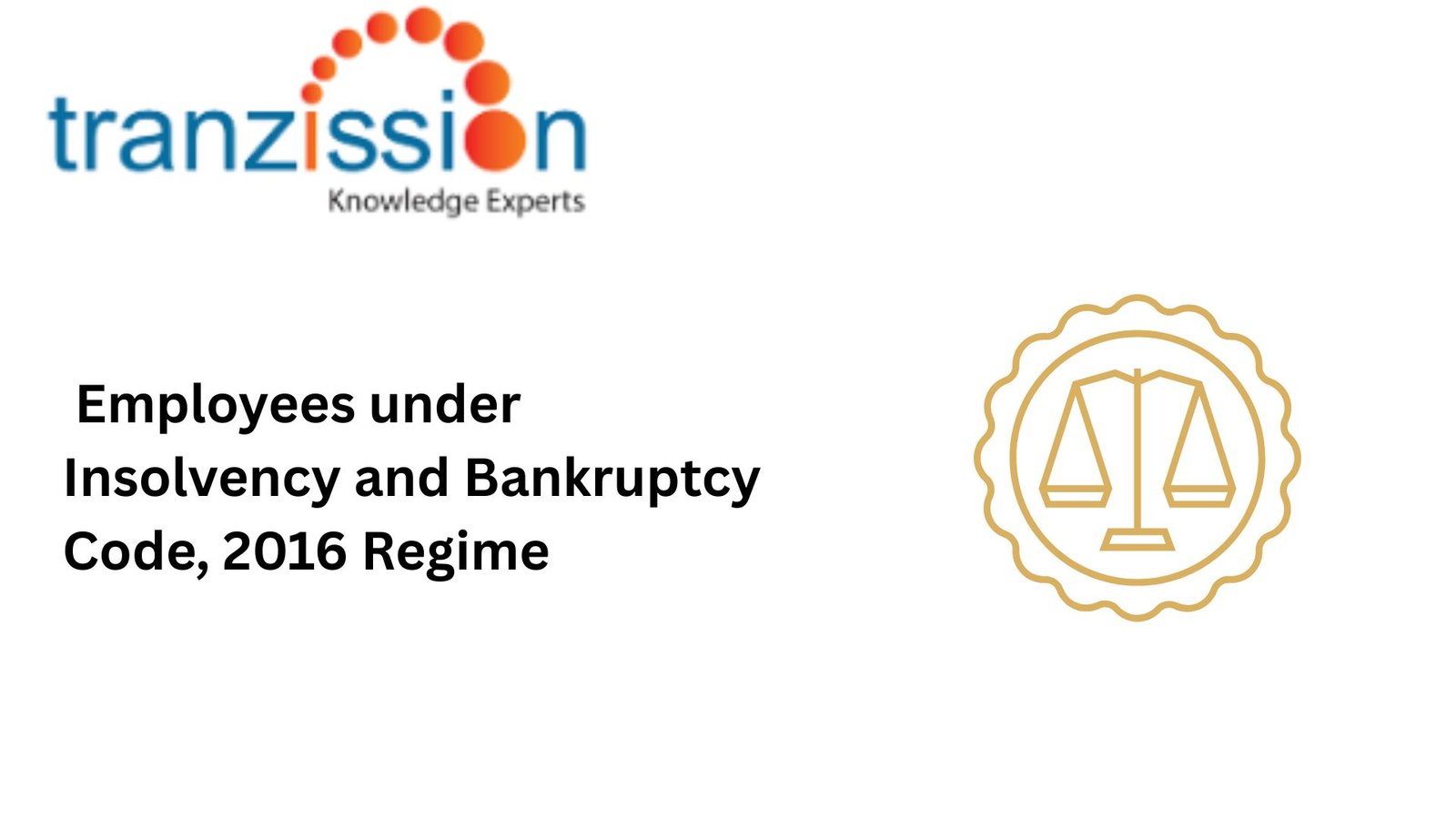
The Insolvency and Bankruptcy Code, 2016 (“the IBC”) aims to consolidate and streamline the insolvency resolution process, focusing on time-bound procedures for maximizing asset value
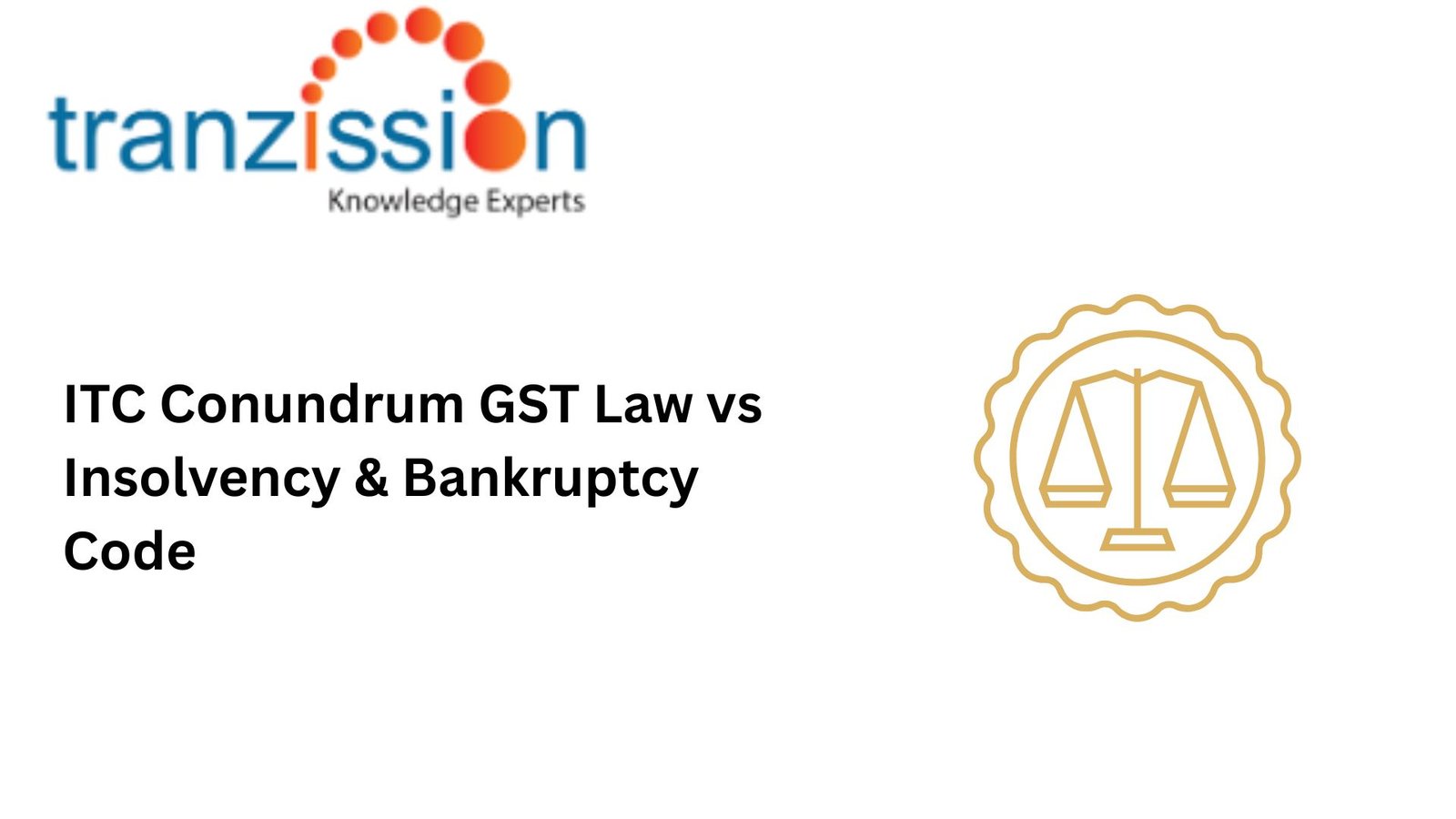
The Insolvency and Bankruptcy Code, 2016 (“the IBC”) primary objective is to resolve insolvency cases in a time-bound manner, maximising asset value, and promoting entrepreneurship.

Under the Insolvency and Bankruptcy Code, 2016 (“the IBC”), a brand’s value is considered an intangible asset and is concluded in the calculation of a

Section 93 CGST Act Special Provisions for Tax Liability, permits continuance of proceedings against legal heirs, but does not authorize culmination of proceedings against deceased

The Insolvency and Bankruptcy Code, 2016 (“the IBC”) uses receivership as a strategic tool to manage a struggling company, aiming to secure assets, preserve their

Section 118 IBC deals with the consequences when a repayment plan, approved during the insolvency process, fails to be fully implemented within the stipulated time frame.

The Mediation Act 2023 received Presidential assent on September 4, 2023, and most of its provisions became effective on October 9, 2023. Section 1, which

Under the Companies Act, 2013, transfer of shares is a voluntary act where a shareholder knowingly sells or gifts their shares to another party, while
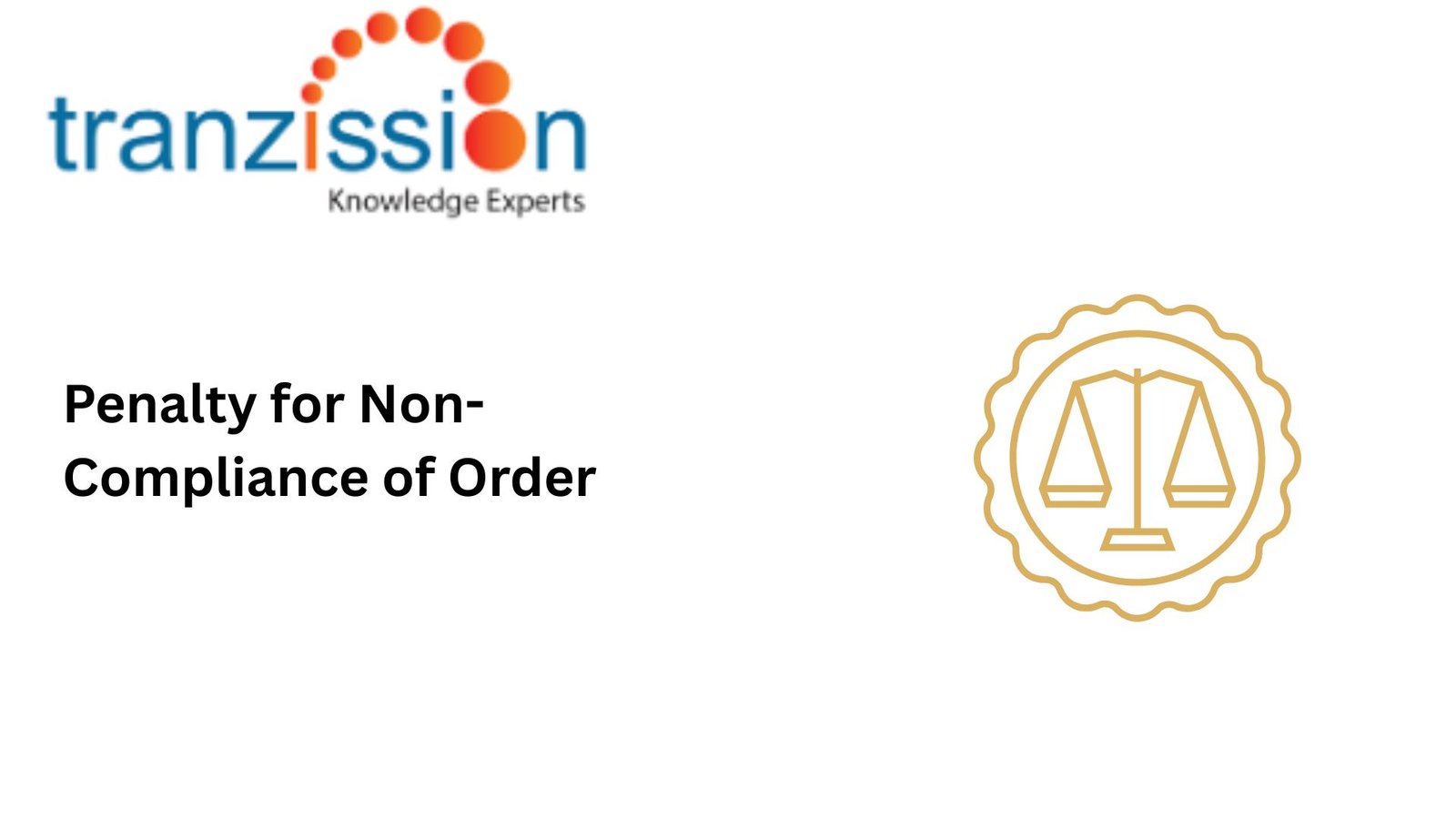
Section 72 of the Consumer Protection Act, 2019 (“the CPA”) deals with penalties for Non-Compliance of Order issued by the District, State, or National Consumer

Once the insolvency process is initiated under the Insolvency and Bankruptcy Code, 2016 (“the IBC”), an interim resolution professional (IRP) is appointed who takes control
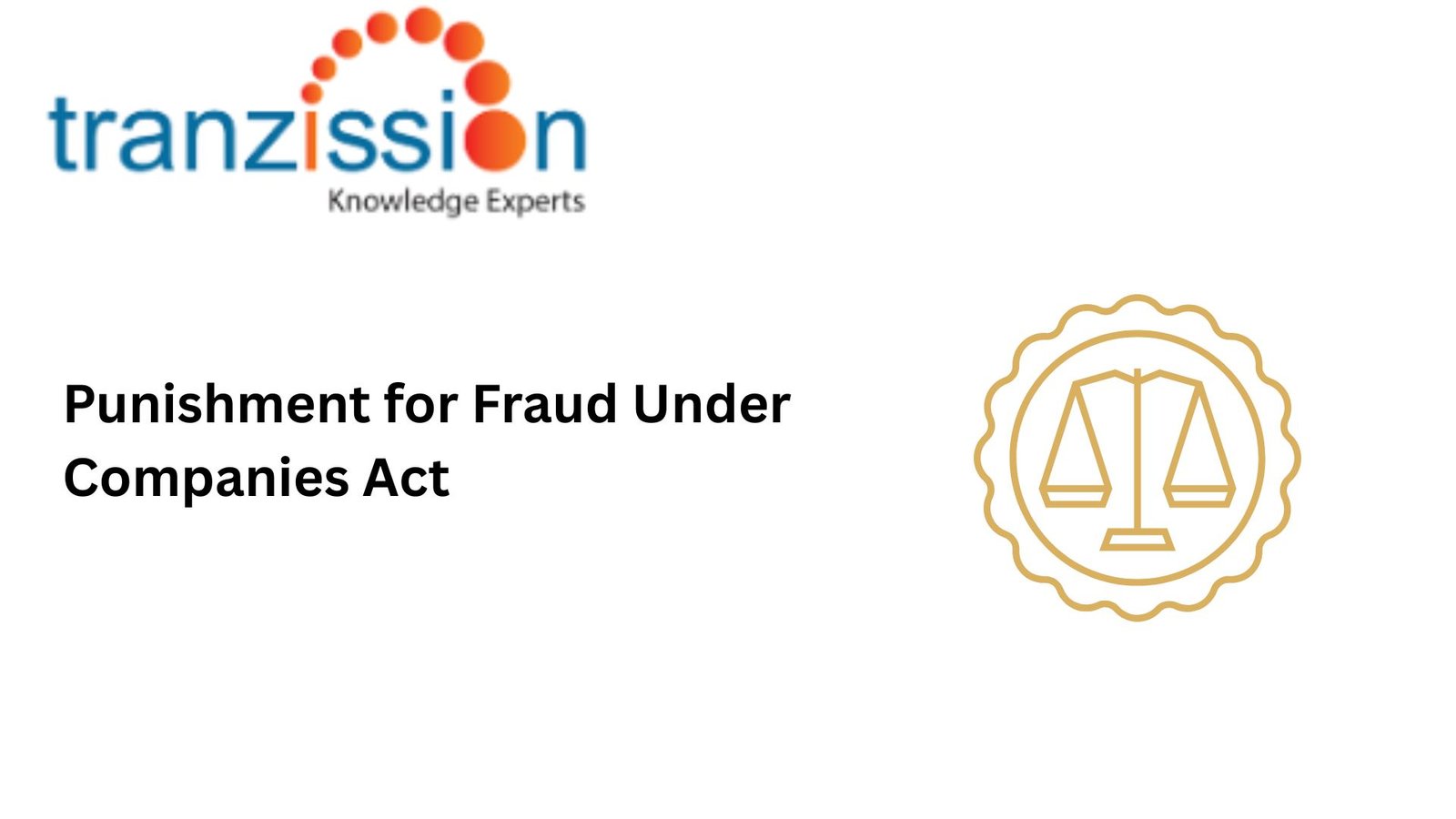
Section 447 addresses the penalties for individuals found guilty of engaging in fraudulent activities related to a company’s affairs, including both imprisonment and fines. This

The moratorium under the Insolvency and Bankruptcy Code, 2016 (“the IBC”) provides a temporary stay on legal proceedings against a debtor, but does not extend

The insolvency framework aims to balance the interests of all stakeholders during the process, and GST Compliance by Resolution Professionals is a key aspect of
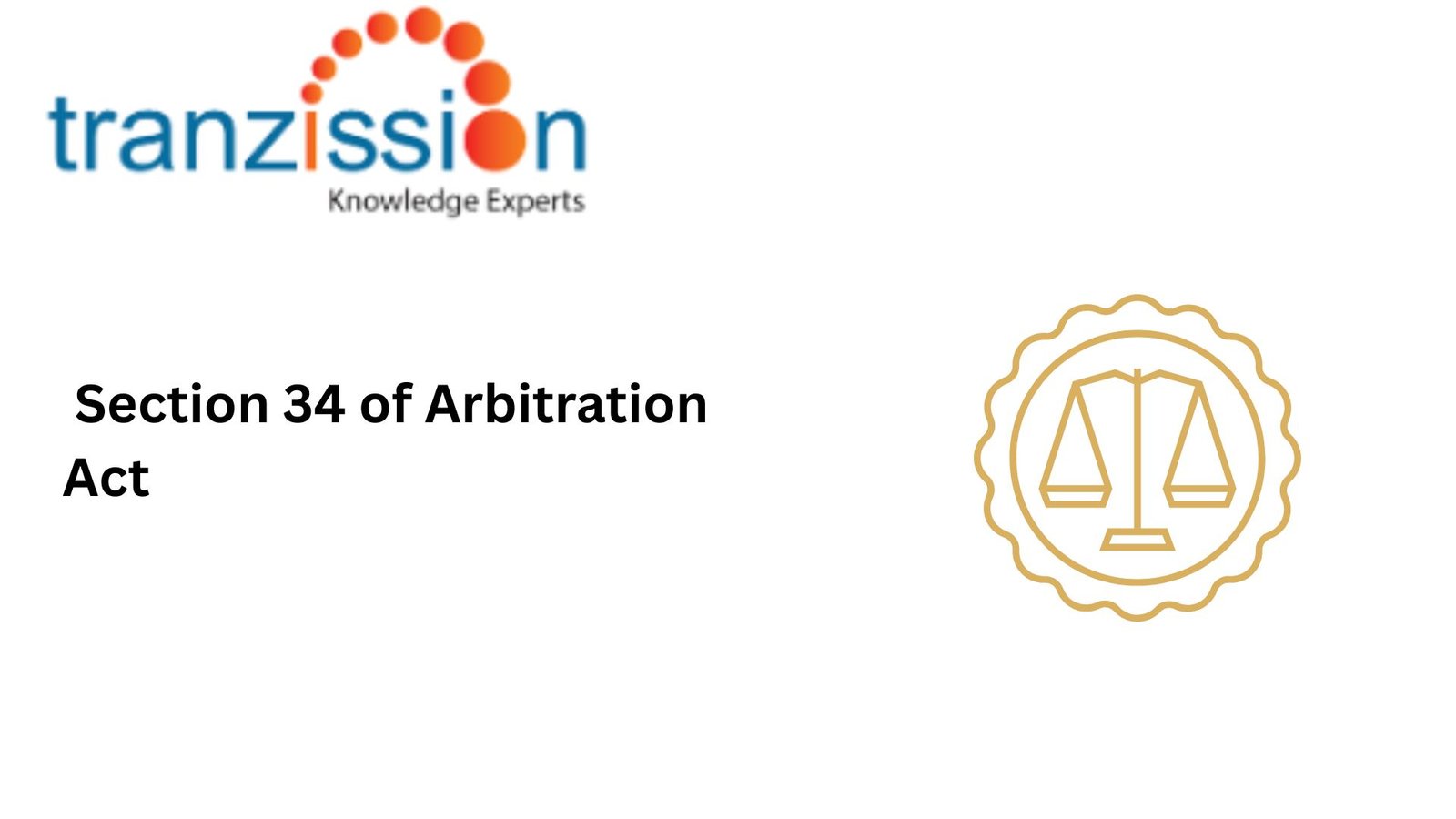
Chapter VII, Section 34 of Arbitration Act and Conciliation Act, 1996 provides the power to parties of arbitration to challenge the final arbitration award. It

The insolvency process begins with a creditor or corporate debtor filing an application with the Adjudicating Authority, the National Company Law Tribunal (NCLT), which will

TheFresh Start Process Under IBC process is given under Part III of Chapter II of the Insolvency and Bankruptcy Code, 2016 (“the IBC”) as a
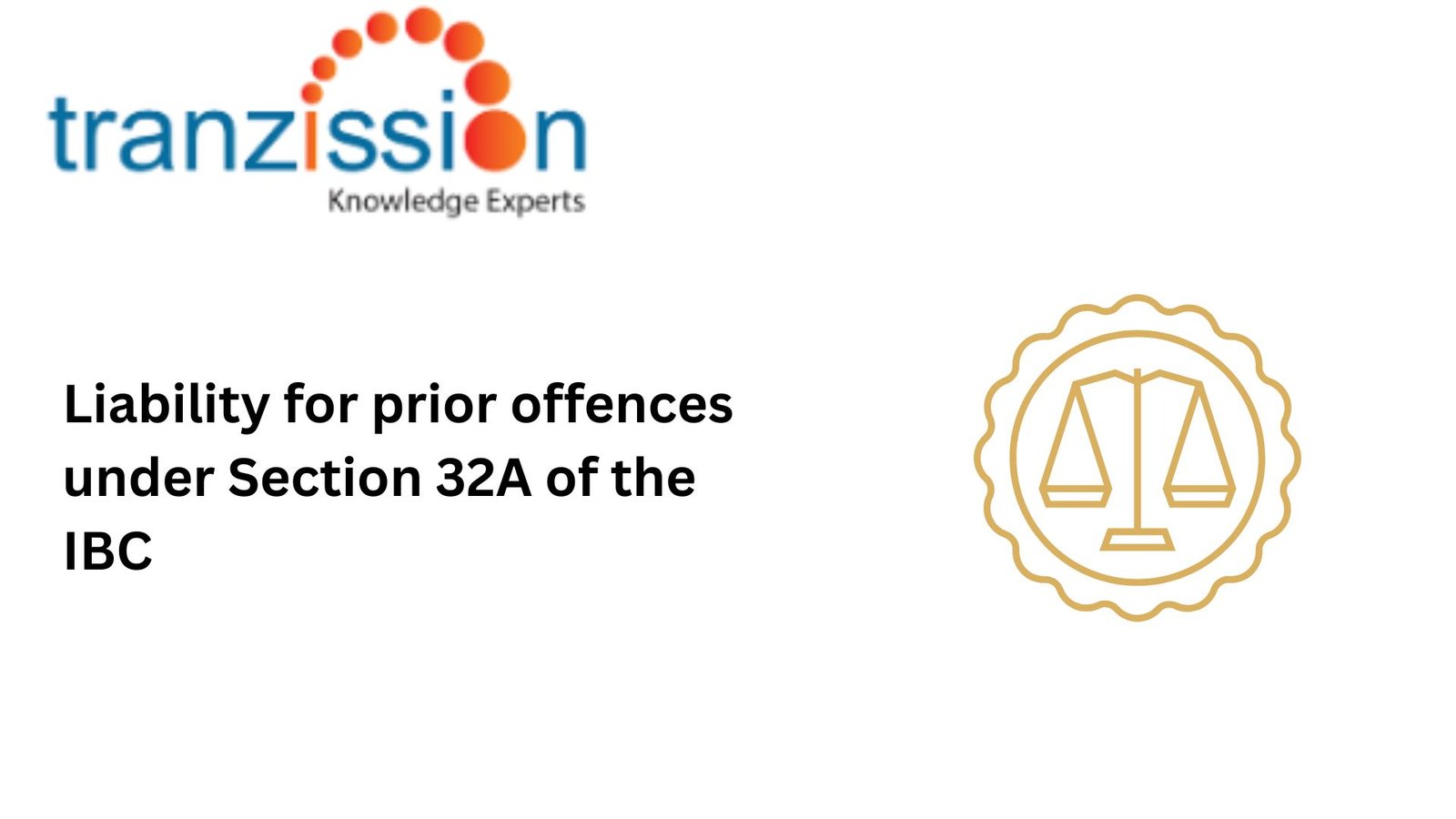
Introduced through the Insolvency and Bankruptcy Code (Amendment) Act, 2020,Section 32A of the IBC, 2016 gives a “clean slate” for corporate debtors after a resolution

Insolvency often involves a complex web of relationships between various stakeholders, including creditors, debtors, and potential investors. It provides a platform for these parties to
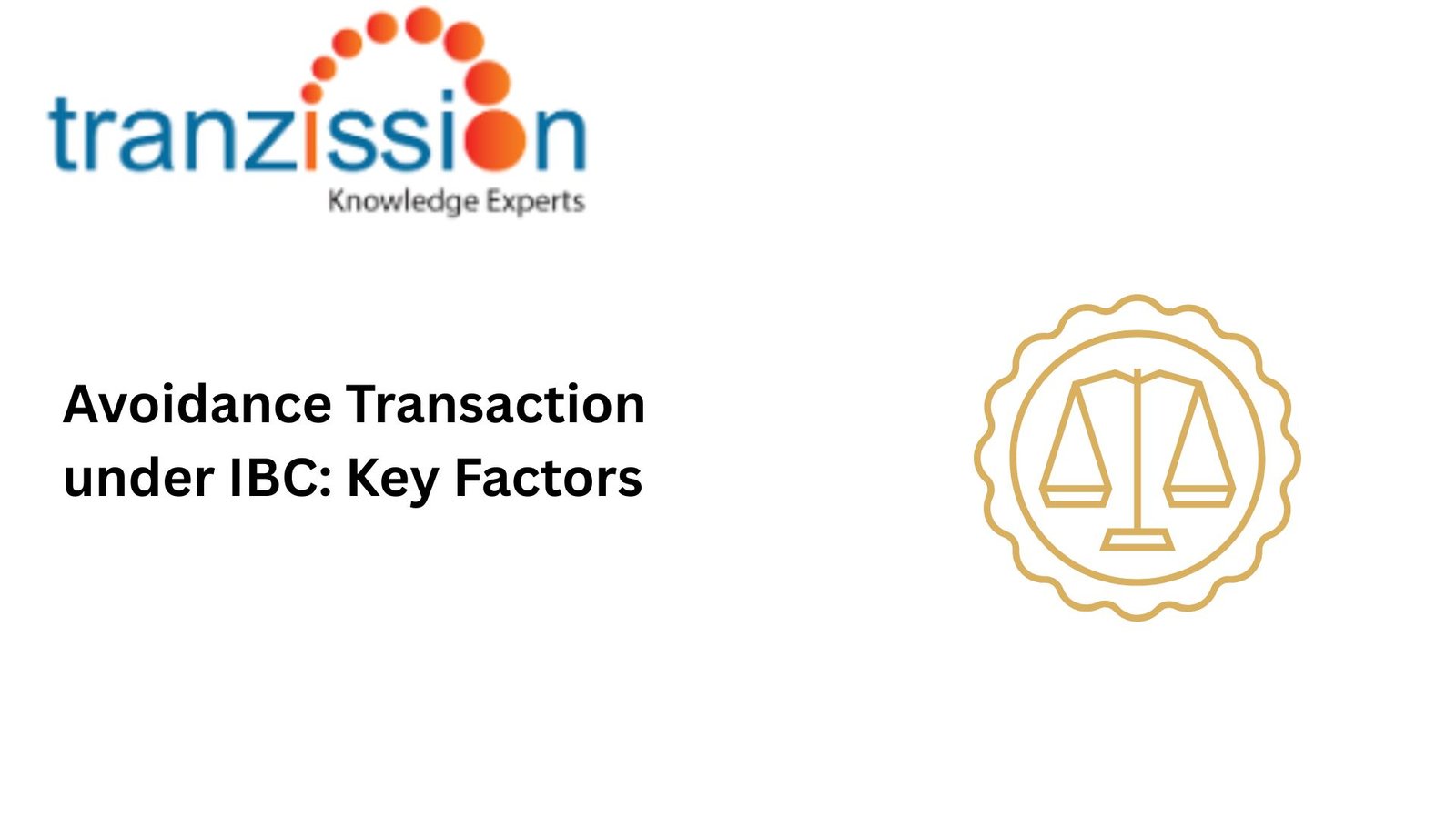
Avoidance Transaction under IBC are actions taken by a debtor before entering insolvency proceedings that are deemed to unfairly benefit certain creditors or reduce the

Bankruptcy is a legal process where individuals or businesses facing unmanageable debt can seek relief by either liquidating assets or reorganizing their debt. Chapter 7,

The Insolvency and Bankruptcy Code, 2016 (“the IBC”) is a crucial framework in India for resolving corporate defaults within a structured and time-bound manner. It

In financially distress situations, liquidation value helps businesses understand the minimum value they can expect if they need to wind down operations or restructure. It

India’s insolvency regime, anchored by the Insolvency and Bankruptcy Code, 2016 (“the IBC”), provides structured Debt Relief Insolvency Laws for companies, guarantors, and individuals by

Liquidation is not always the optimal solution, especially when considering the potential loss of value and jobs. It can lead to immediate loss of employment

The Insolvency and Bankruptcy Code, 2016 (the IBC) mentions two types of liquidation, namely, Compulsory Liquidation vs Voluntary Liquidation Understanding the difference between the two

Stakeholders, including creditors and directors, might pursue Claims Against Insolvency Practitioners for various reasons, primarily related to breaches of duty or misconduct during the insolvency

The prolonged Jet Airways Insolvency Process, spanning several years, exposed delays in implementing resolution plans and the flaws within the Insolvency and Bankruptcy Code, 2016

Having an authorisation of assignment (AFA for Insolvency professionals) is a crucial requirement for insolvency professionals (IPs) to accept assignments as interim resolution professionals, resolution

Certain provisions of Part III of the IBC, were not immediately notified after the IBC was enacted. This delay led to uncertainty and limited the

Section 3(12) of the IBC defines ‘Default under IBC’ as the non-payment of debt when whole or any part or installment of the amount of

The Insolvency and Bankruptcy Code, 2016 (“the IBC”) is increasingly moving towards data-driven approaches, utilising artificial intelligence to improve efficiency and outcomes. This necessitates a

The Insolvency and Bankruptcy Code, 2016 (“the IBC”) emphasises time is of the essence in CIRP -bound resolution of the financial difficulties. The prescribed timelines

Fast track corporate insolvency resolution process (CIRP) is carried out under Chapter IV of Part III of the Insolvency and Bankruptcy Code, 2016 (“the IBC”).
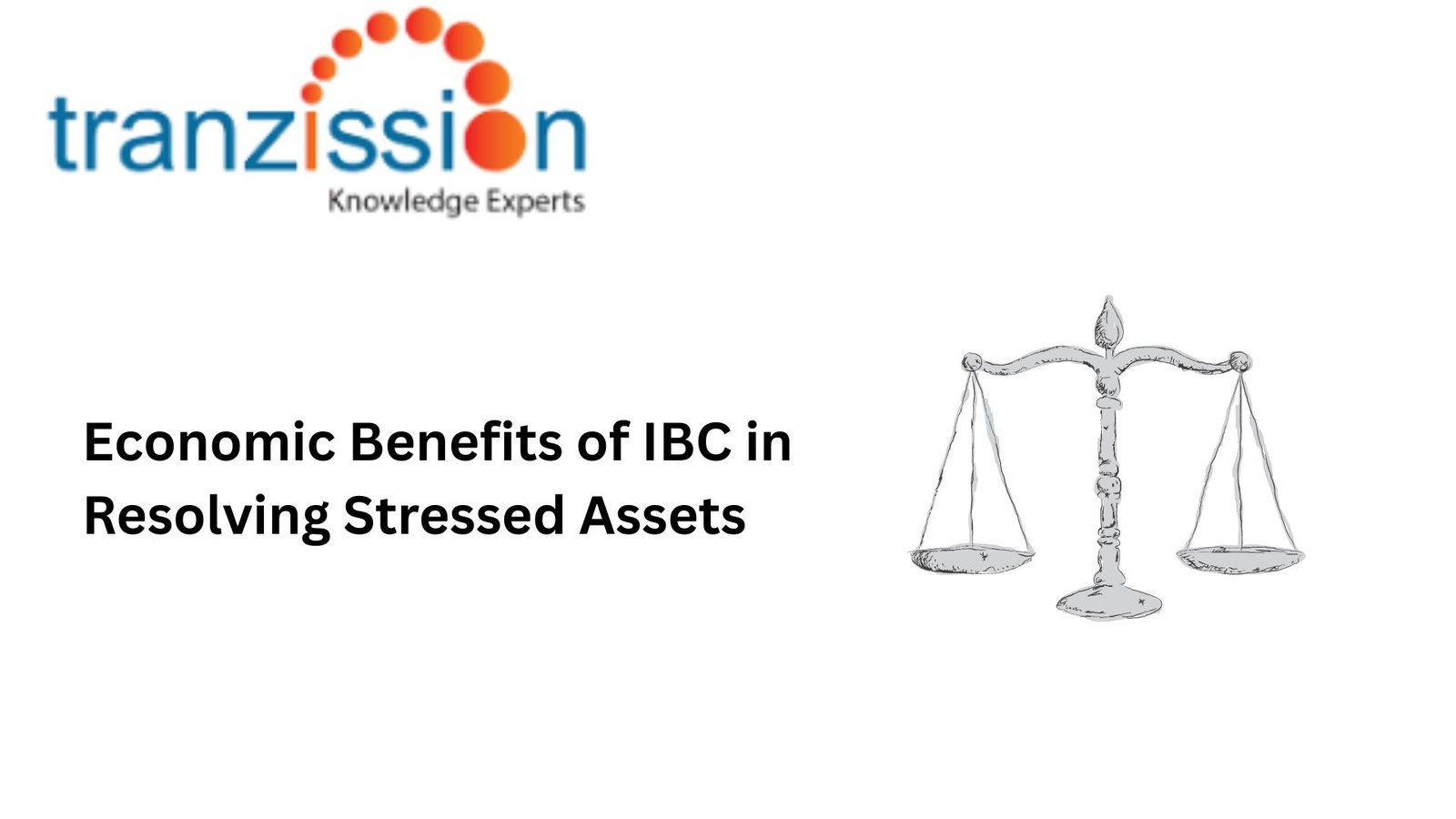
Economic Benefits of IBC in Resolving Stressed Assets is a financial asset, like a loan, bond, or investment, where the borrower or owner is struggling

Reverse insolvency is a mechanism that allows promoters to retain control of their stalled projects while simultaneously completing them under a resolution professionals (RPs) supervision.

The Insolvency and Bankruptcy Code, 2016 (“the IBC”) provides a mechanism for handling cross-border insolvency cases under sections 234 and 235. These sections allow the

The corporate insolvency resolution process (CIRP) is a structured legal framework used to resolve the financial difficulties of a company, aiming to either restructure the

Understanding the specific details of a contract and the relevant insolvency laws is crucial for navigating the legal complexities of insolvency and contracts. The insolvency
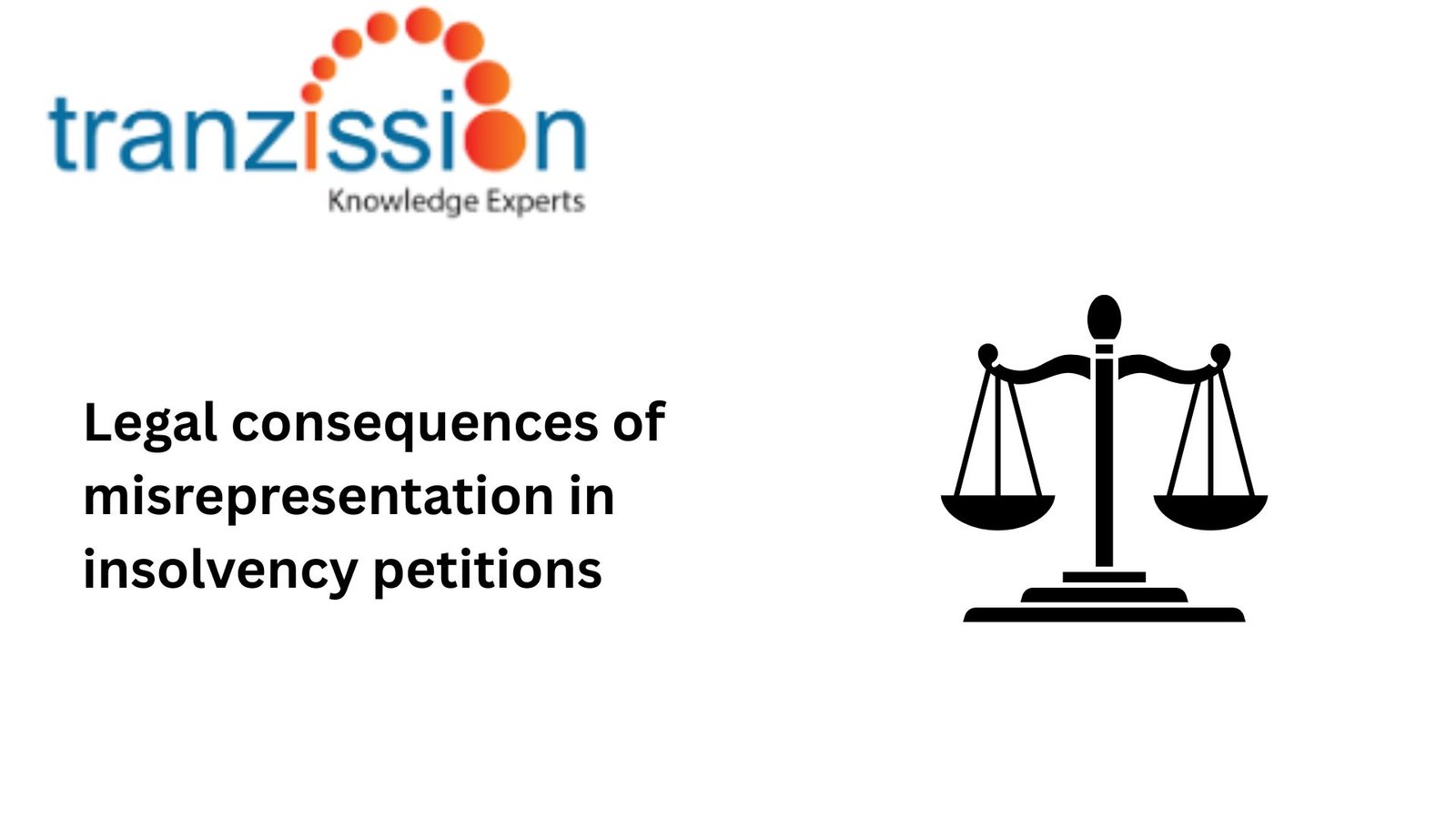
Misrepresentation in insolvency petitions involves making false or misleading statements about the debtor’s financial information, debt obligations, or other relevant facts: Misstatement of Debt or
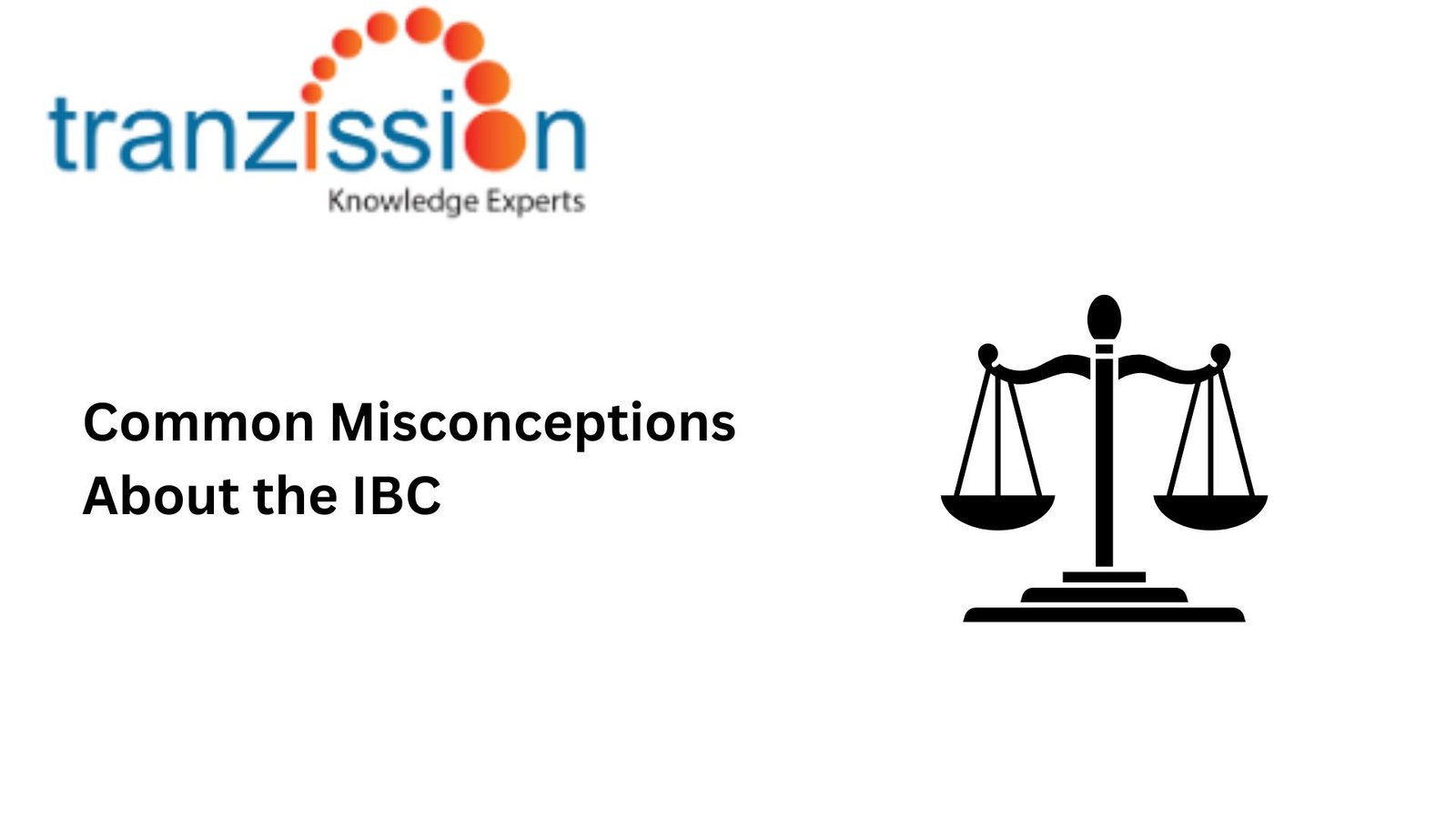
Common Misconceptions About the IBC often overshadow the true purpose of the Insolvency and Bankruptcy Code, 2016 (“the IBC”), which is a comprehensive law designed

Managing International Creditors in CIRP (corporate insolvency resolution process) with the same rights and obligations as domestic creditors under the Insolvency and Bankruptcy Code, 2016

Dissolving an NPO involves legally winding down its operations and distributing its remaining assets. The reasons for Liquidation of Non-Profit Organizations are: Common Reasons for

Managing Multinational Corporations in IBC process requires understanding the Insolvency and Bankruptcy Code (IBC), enacted in 2016, which provides a comprehensive framework for resolving insolvency

Introduction: Navigating the 2025 Syllabus & Cut-Off Date Rules 2025 brings a major shift to the LIE (Limited Insolvency Examination) syllabus. With regulatory updates, new compliance norms,

When I first saw the LIE 2025 syllabus, I laughed. Not the happy, “this will be fun” kind of laugh—the nervous, slightly panicked laugh of someone

Ravi sat in the exam hall for the Legal Interpretation Exam last year, heart pounding. He had studied – or at least, he thought he

The Pre-Packaged Resolution Plans Process (PPIRP) offers a streamlined approach to resolving financial distress, particularly for Micro, Small, and Medium Enterprises (MSMEs) under the Insolvency

Picture this. You’re sitting in the exam hall for the Limited Insolvency Exam. The timer starts ticking. Question after question flashes on the screen: IBC provisions,

“Resolution plan” is not explicitly defined; however, as per the IBC provisions, it is important to resolve the financial difficulties of a company undergoing insolvency
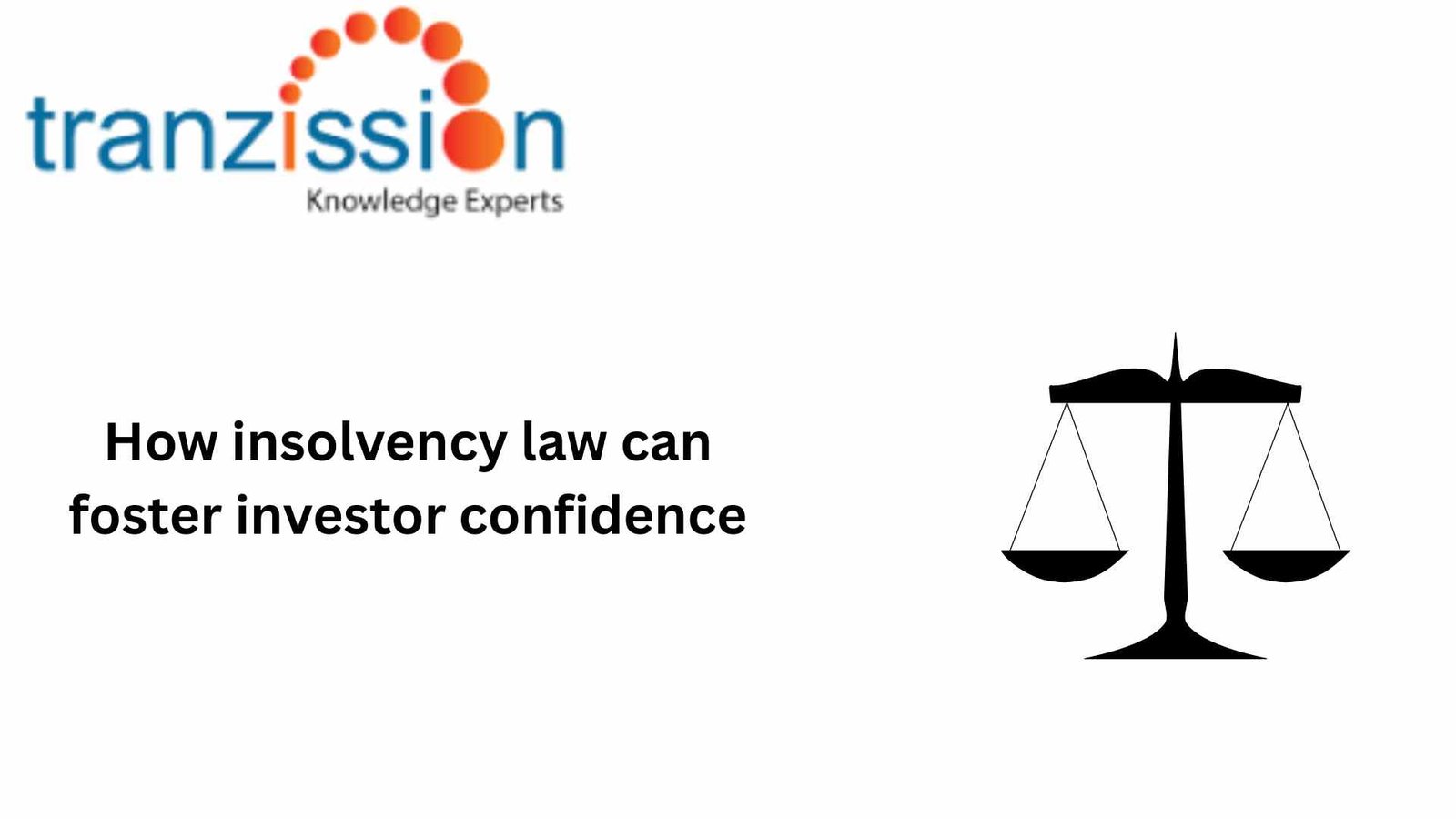
Investor Expectations: Legal frameworks provide a structured process for debt recovery, business reorganisation, and asset distribution and significantly influence investment decisions during insolvency. These frameworks,
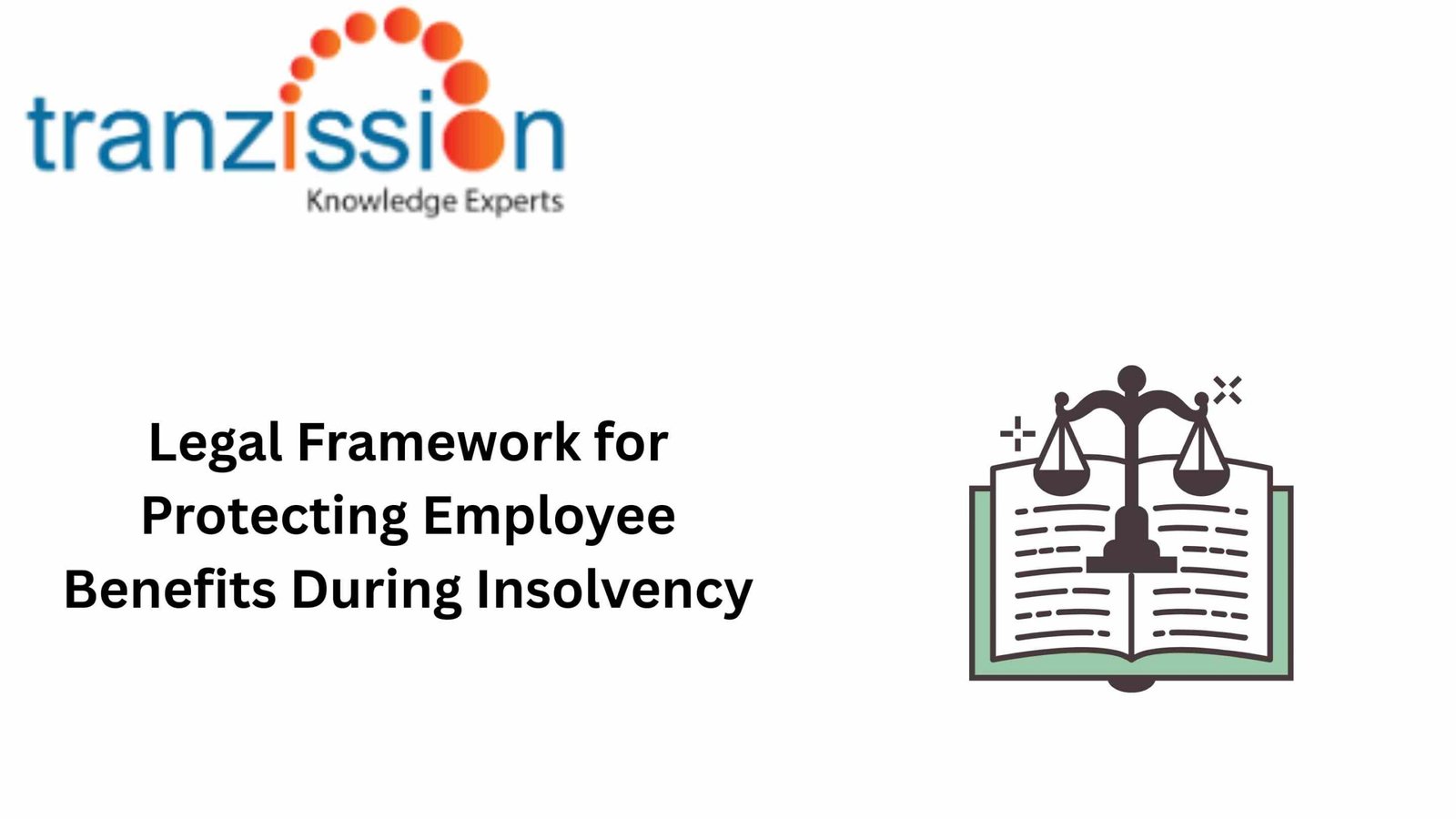
Section 5(21) of the IBC defines “operational debt” as a claim arising from the provision of goods or services, including employment, or a debt concerning

Section 5(21) of the IBC defines “operational debt” as a claim arising from the provision of goods or services, including employment, disputes over operational debt

Introduced in 2016, the Insolvency and Bankruptcy Code, 2016 (IBC) aims to reduce the time taken for completing the insolvency process and address the issue

Supply Chain Insolvency Risks refers to the probability that a supplier or customer within the chain will be unable to meet their financial obligations, potentially

The Insolvency and Bankruptcy Board of India (IBBI) notified the Insolvency and Bankruptcy Board of India (Insolvency Resolution Process for Corporate Persons) Regulations, 2016 (CIRP

Section 3(10) of the Insolvency and Bankruptcy Code, 2016 (IBC) defines a “creditor” as any person to whom a debt is owed and includes a

After Creditors Post-Liquidation generally have limited legal avenues for pursuing further remedies, but some exceptions and potential actions exist depending on the nature of the
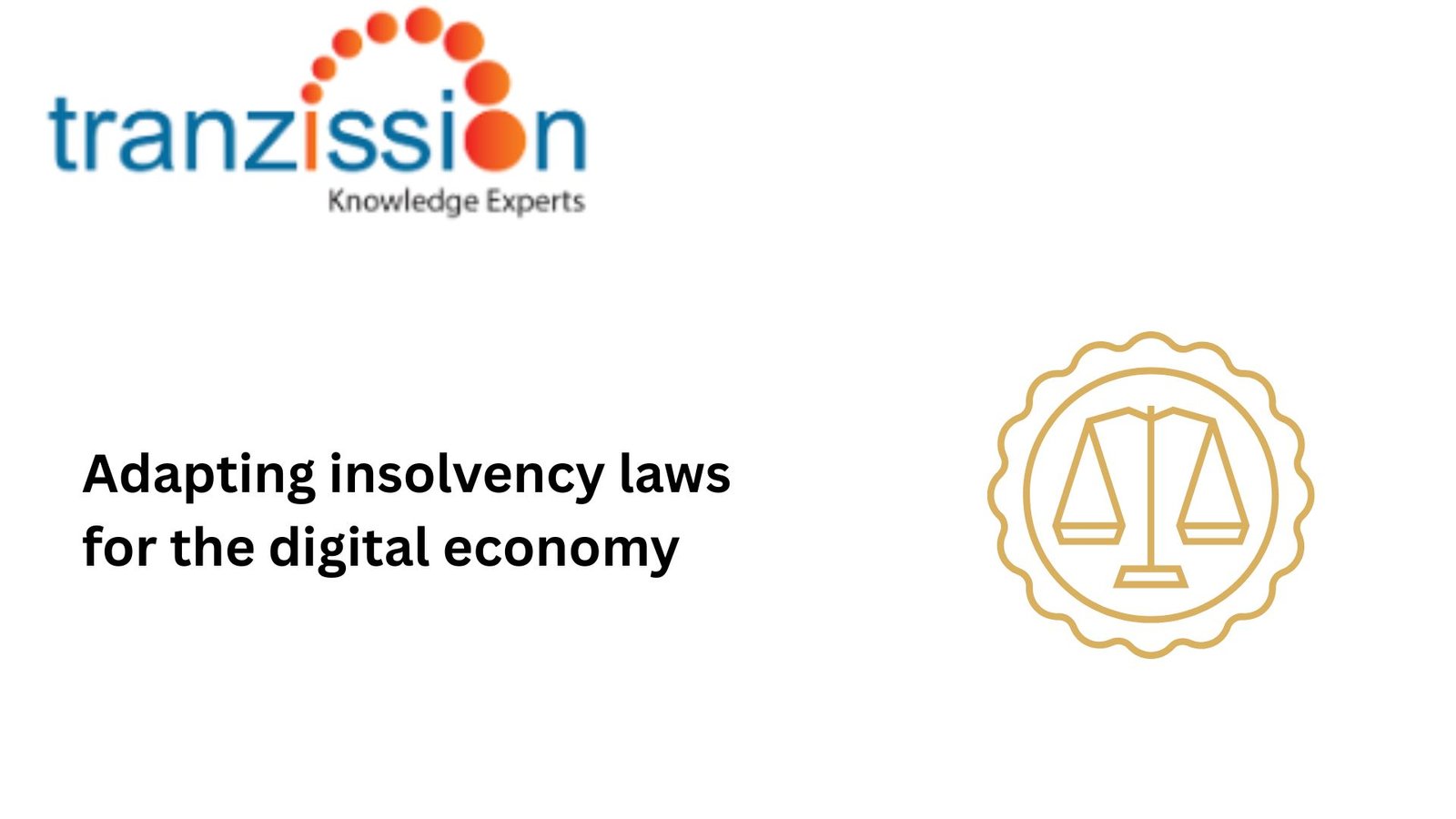
The Insolvency and Bankruptcy Code, 2016 (IBC) aims to consolidate and streamline insolvency proceedings, creating a unified framework for resolving corporate insolvency. While the IBC

The Ministry of Corporate Affairs (MCA in Insolvency Law) plays a key role in India’s insolvency and bankruptcy framework, primarily through its oversight of the
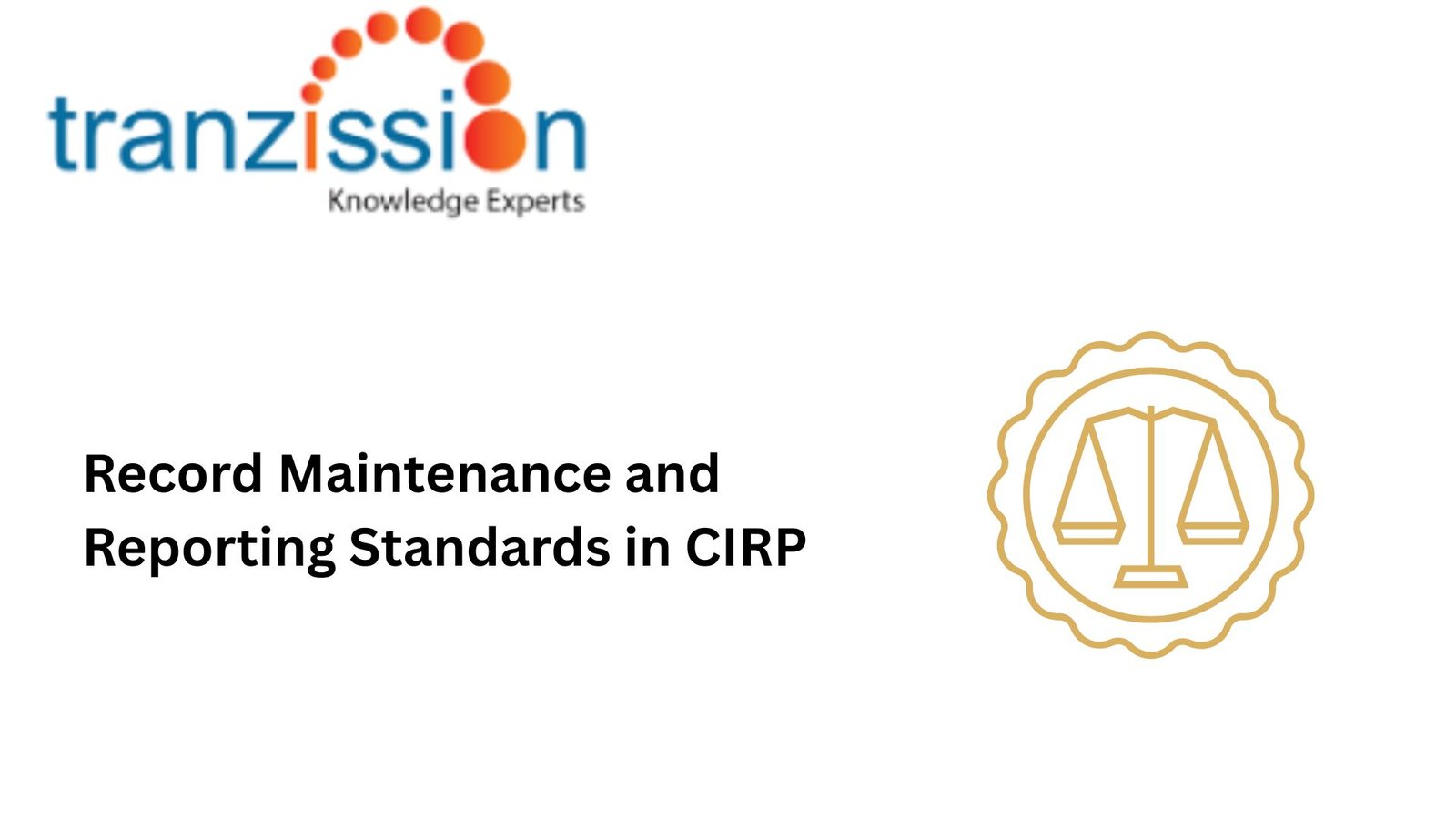
Record retention and Reporting Standards in CIRP (corporate insolvency resolution process ) to ensure transparency, accountability, and facilitate the resolution of disputes. It provides a

Set off is a right that allows a debtor to reduce or discharge a debt they owe to another party by offsetting a debt that
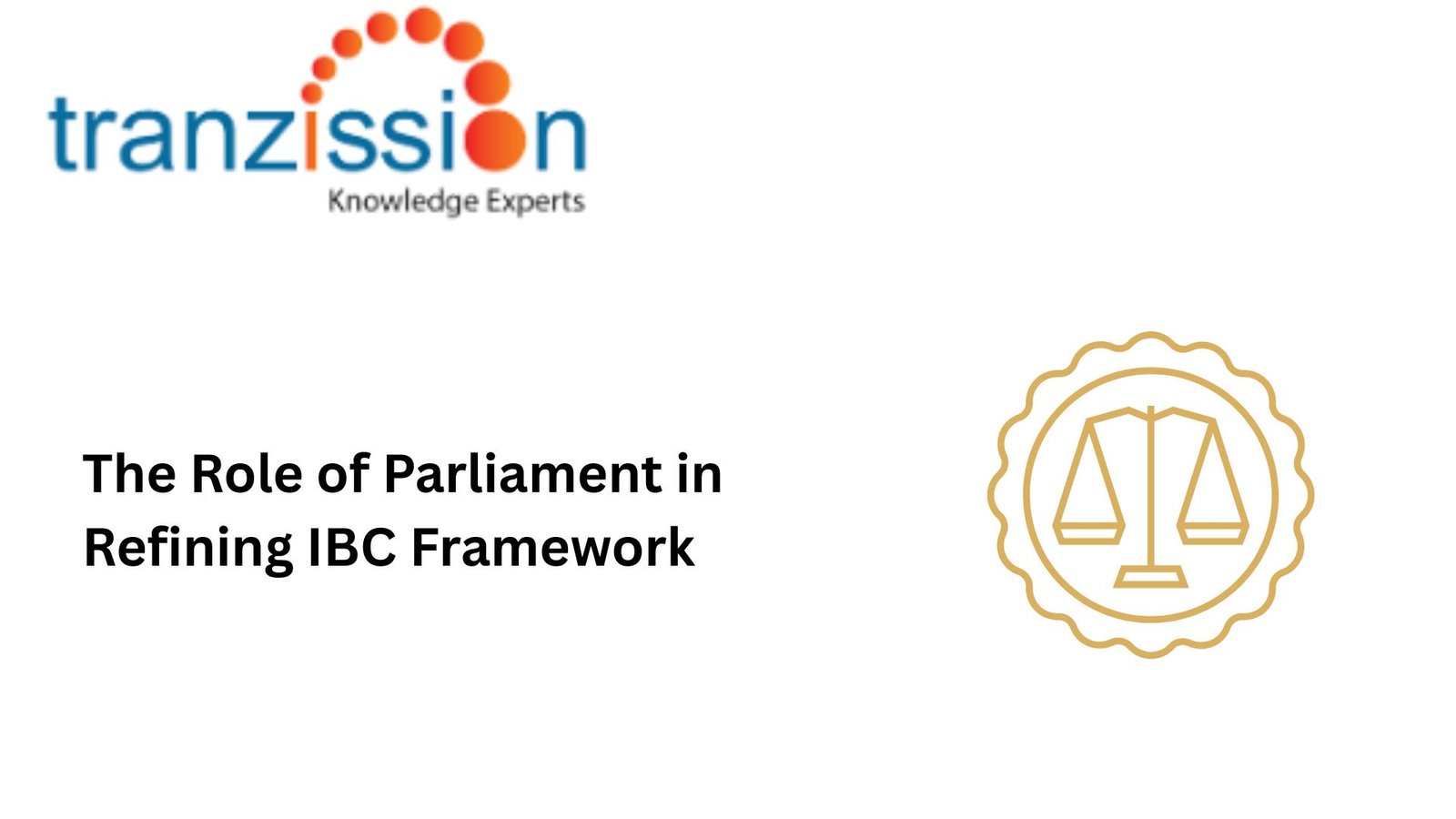
The Parliament in Refining IBC, the main law governing insolvency and bankruptcy proceedings in India, in 2016. This means that the Parliament is the body
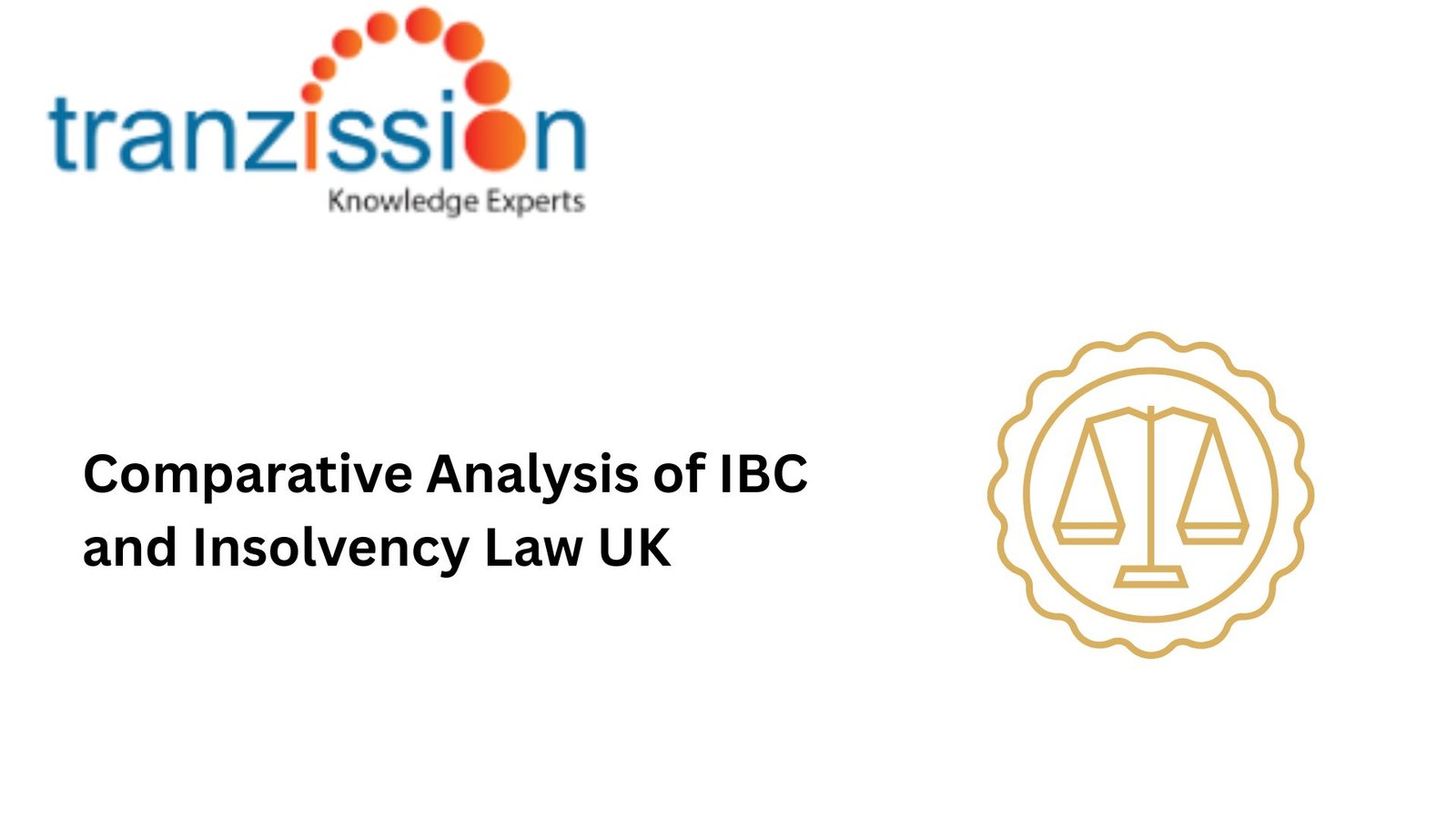
Explore a detailed analysis of IBC and Insolvency Law UK, comparing key provisions, legal procedures, and their impact on debt resolution and corporate restructuring. India’s
|
S. No. |
Name |
Amount |
Status |
Date of Admission/Rejection |
|
1. |
Janta Bank |
3.60 crores |
Financial Creditor |
20.9.2023 |
|
2. |
Parivaar Bank |
3.00 crores |
Financial Creditor |
20.9.2023 |
|
3. |
Rashi Singhania(wife of Paras Singhania) |
50 Lakhs |
Financial Creditor |
20.9.2023 |
|
4. |
Best Tradex |
1.60 crores |
Operational Creditor |
20.9.2023 |
|
5. |
Electrolux Supplies Inc |
45 lacs
|
Rejected as filed late |
18.12.2023 |
|
6. |
70 workmen |
1.60 crores |
Operational creditors |
20.9.2023 |
|
7. |
15 Employees |
1.50 crores |
Operational creditors |
20.9.2023 |
|
8. |
GST dues |
70 lacs |
Operational creditors |
20.9.2023 |
|
9. |
Income Tax dues |
30 lacs |
Operational creditors |
20.9.2023 |
|
10. |
Provident Fund Dues |
20 lacs |
Operational creditors |
20.9.2023 |
|
11. |
Revive Finance(filed on 4th September, 2023) |
1.50 crores |
Financial Creditor |
10.12.2023 |
|
12. |
Raman Nair (Loan to company without interest) |
1 crore |
Financial Creditor |
20.9.2023 |
|
13. |
Electricity dues |
25 lacs |
Operational Creditor |
20.9.2023 |
|
14. |
Big Lease -Landlord forarrears of Rent onlease of Principal Office |
10 lacs |
Financial Creditor |
20.9.2023 |
Financial Creditors – Rs. 9.70 crores
Operational Creditors – Rs. 6.15 crores
Total Rs. 15.85 crores
|
Date |
Particulars |
Debit |
Credit |
Balance |
|
1.4.2021 |
Opening Balance (Payable by Raman Nair) |
|
|
20,00,000 |
|
15.5.2021 |
Expense Adjustment/Received by CD |
|
5,00,000 |
15,00,000 |
|
17.8.2021 |
Paid by CD |
7,00,000 |
|
22,00,000 |
|
20.12.2021 |
Paid by CD |
2,00,000 |
|
24,00,000 |
|
12.4.2022 |
Expense Adjustment/Received by CD |
|
3,00,000 |
21,00,000 |
|
18.9.2022 |
Paid by CD |
1,00,000 |
|
22,00,000 |
|
2.1.2023 |
Expense Adjustment/Received by CD |
|
5,00,000 |
17,00,000 |
|
28.8.2023 |
Paid by CD |
6,00,000 |
|
23,00,000 |
RP has filed an application with the Adjudicating Authority (IA 25 of 2024) on 20th January 2024 claiming Rs 31 lacs (amount outstanding as on 30.8.2021 plus amounts paid by CD to Raman Nair on 20.12.2021, 18.9.2022 and 2.1.2023) as preferential transactions u/s 43 of the Code and prayed for recovery of these amounts. Raman Nair has filed a reply stating that these transactions are not preferential on the following grounds:
RP, in rejoinder, claims that payment transaction is not to be mixed with expense adjustment or amount received from Raman Nair. For amounts paid by Raman Nair, he should file a claim and there is no provision of set off in CIRP. The application in filing preferential transaction application was delayed due to non-cooperation of suspended directors in providing information to forensic auditor who had sent 2 emails to them. The final report was placed before committee of creditors who had directed RP to file application.
Suspended directors have filed a common reply stating that by no stretch of imaginations, write offs can be treated as fraudulent transaction as there is no outflow. RP has the freedom to revise the accounts and reverse the transactions in books. The amounts relate to 2016 and 2017 and is beyond the purview of scope of RP. Further, the investments were made in good faith to expand the business of CD but could not fructify. Moreover, RP has filed a single IA u/s 43 and 66, which is not permitted.
RP, argues that suspended directors had the knowledge of the fact that CD is going under insolvency and they should have taken steps to recover the amounts. The amounts written off in the books of CD are still being shown in the books of account of Hi-life Technologies Pvt Ltd and Super Motors Private Limited and produced financial statement of both the companies filed with Registrar of companies for FY 2022-23.
CSM 2 Case Study on PPIRP
ABC Ltd., a medium-sized manufacturing company based in India, has been struggling with financial difficulties exacerbated by the economic downturn caused by the COVID-19 pandemic. With mounting debt and dwindling revenues, ABC Ltd. finds itself in a situation where it needs to explore insolvency resolution options to salvage its operations and protect the interests of its stakeholders.
ABC Ltd. is classified as a medium enterprise under the Micro, Small and Medium Enterprises Development Act, 2006 though registration is pending. ABC Ltd. has committed a default of Rs 54 lacs to My Bank. The company has not undergone any insolvency resolution process in the past three years. Financial creditors representing at least 66% of the financial debt due to them have proposed the appointment of an insolvency professional for conducting the PPIRP.
A majority of the directors of ABC Ltd. have made a declaration stating the intent to initiate the PPIRP and affirming that it is not for fraudulent purposes. A special resolution has been passed by the members of ABC Ltd. approving the initiation of the PPIRP. There is an application under section 43 against one of the directors of ABC Limited for his involvement in Bright Star Limited, a company under CIRP. ABC Limited has prepared a draft Base Resolution Plan. ABC Limited files an application to the Adjudicating Authority for initiating pre-packaged insolvency resolution process. Base Resolution Plan prepared by ABC Ltd contains lower payment to financial creditors with a proposal to pay in full to the operational creditors.
CSM 3- Case Study on Voluntary Liquidation
Sunmark Enterprises Limited, a medium-sized manufacturing company, has been experiencing financial difficulties for the past several years due to a decrease in demand for its products and heightened competition in the market. Following a comprehensive evaluation of its financial standing and future outlook, the Board of Directors opts to commence voluntary liquidation pursuant to Section 59 of the Insolvency and Bankruptcy Code (IBC) to ensure a systematic conclusion of the company’s operations.
Following the shareholders’ approval by a special resolution, creditors of the company also consent to the voluntary liquidation with a two-thirds majority on 1st February 2024. Despite incurring losses in the previous year and anticipating further losses, the liquidator expresses intent to continue business operations during the liquidation period. Seeking professional guidance, the liquidator faces several challenges and scenarios:
In navigating these complexities, the liquidator must adhere to legal requirements and seek appropriate guidance to ensure fair and efficient resolution throughout the voluntary liquidation process. He seeks your answwer to following questions: –
CSM 4 – Part III Case Study
Raj Shekhar’s bankruptcy process commenced on 1st April 2024 after the unsuccessful resolution of his insolvency proceedings initiated on 1st August 2023. The Bankruptcy Trustee issued a public notice on 4th April 2024, with the deadline for claim filing set for 25th April 2024.
He possesses the following assets under his and his family’s ownership:
His liabilities include:
Case Study on Business and General Laws
Avanti Roadways Pvt. Ltd., incorporated under the Companies Act, 2013, operates from its registered office situated at Plot No.1, First Floor, East Chamber, Gwalior, Madhya Pradesh. The company is structured with an authorized capital of INR 5,00,000, which is fully issued, subscribed, and paid-up. The core activities of the company are focused on constructing residential and commercial buildings and educational institutions.
The Registrar of Companies in Gwalior, citing non-compliance with the statutory requirement to file Annual Returns and Financial Statements for the fiscal years 2014-15 through 2017-18, initiated proceedings under Section 248(1) of the Companies Act, 2013, read with Rule 7 and Rule 9 of the Companies (Removal of Names of Companies from the Register of Companies) Rules, 2016. Consequently, a notice of intent to remove the company’s name from the register was issued. In response to this notification, the company filed an appeal with the National Company Law Tribunal (NCLT) in Gwalior under Section 252 of the Companies Act, 2013, asserting that it continued to engage actively in business operations throughout the period in question. The company admitted oversight in the non-filing of the required documents, attributing it to lapses by the management.
During the period under review, the company was involved in several significant projects, including constructing a multi-functional educational complex under a government contract, which involved intricate compliance with environmental regulations and state educational mandates. This project, along with other private commercial ventures, significantly contributed to its revenue streams, though it complicated the operational and regulatory reporting requirements.
As part of its defense, Avanti Roadways Pvt. Ltd. demonstrated through detailed documentation—including contracts, invoices, and bank statements—that it was operational and financially active during the years for which filings were not completed. Following the notice from the Registrar, the company undertook substantial revisions to its management structures, enhancing its regulatory compliance processes to include automated systems for tracking and reporting essential corporate activities and statutory filings.
The appeal by Avanti Roadways Pvt. Ltd. is pending before the NCLT, where the company seeks not only to contest the Registrar’s decision but also to establish a precedent for considering operational continuity and factual business engagement in decisions related to statutory compliance enforcement.
Background: Rajesh Kumar, an Insolvency Professional (IP) registered with the Insolvency and Bankruptcy Board of India (IBBI), faced disciplinary action following a Show Cause Notice (SCN) by the IBBI. This action originated from procedural issues during the Corporate Insolvency Resolution Process (CIRP) of M/s Indore Developers Private Limited, where he was appointed as the Resolution Professional (RP).
Legal Framework: This case is governed by the Insolvency and Bankruptcy Code, 2016 (IBC), specifically focusing on the duties and responsibilities of an insolvency professional overseeing the CIRP. Kumar was accused of providing unequal treatment to certain decree-holding homebuyers in the resolution plan, potentially breaching several sections of the IBC and related regulations.
Investigation and Proceedings: Following a complaint from a homebuyer, the IBBI launched an investigation into Kumar’s conduct during the CIRP. After receiving the investigation report, the IBBI issued a SCN, which was later handled by its Disciplinary Committee (DC) for resolution. Kumar defended his conduct through various submissions and a personal hearing, arguing that his decisions were aligned with legal precedents and the decisions of the Committee of Creditors (CoC).
Findings and Contraventions: The DC identified discrepancies in Kumar’s management of the claims of decree-holding homebuyers. Despite legal opinions indicating that these claims should be treated as those of financial creditors, they were categorized differently in the resolution plan submitted to the CoC. This action raised concerns about Kumar’s adherence to the statutory requirements and the broader principles of fairness and transparency in the CIRP. Kumar also admitted the claim of the aforesaid decree holders as “Creditors in class” based on the said legal opinions. However, it is observed that despite having admitted the claims of these decree holders as “Creditors in class”, he has treated the claim of the said decree holders as “Other Creditors” in the resolution plan placed before the CoC, instead of “Creditors in Class”.
Legal Issues and Analysis: The main legal issue involved the interpretation and application of sections 30(2)(e) and (f) of the IBC concerning the treatment of creditors in a resolution plan. Kumar’s handling of these claims brought up questions regarding the compliance with these statutory provisions and the fundamental principles of equitable treatment of creditors.
Arguments by Kumar: Kumar submitted that he had admitted the claim of the decree holders under the category of creditors in a class based on the legal opinion. However, the resolution applicant has provided a specific treatment to all such creditors which was then approved by the CoC and the AA. As elaborated above, (a) this was in line with the applicable law at the relevant time; (b) the resolution applicant has the discretion to provide the treatment for the stakeholders including the decree holders; (c} the resolution plan has been approved by the committee of creditors in its commercial wisdom which is paramount; (d) the resolution plan has been approved by the AA. He submitted that he has not ‘deprived the decree holders from their legal rights and claims as homebuyers’, he has conducted the CIRP in terms of the Code and the treatment to be provided to the stakeholders is beyond his ambit.
The DC upholds his contravention of section 30(2)(e), 30(2)(f), 208(2) (a) & (e) of the Code, regulation 39(2) of the CIRP Regulations, regulations 7(2) (a) & (h) of the IP Regulations read with clauses 1, 3 and 14 of the Code of Conduct.